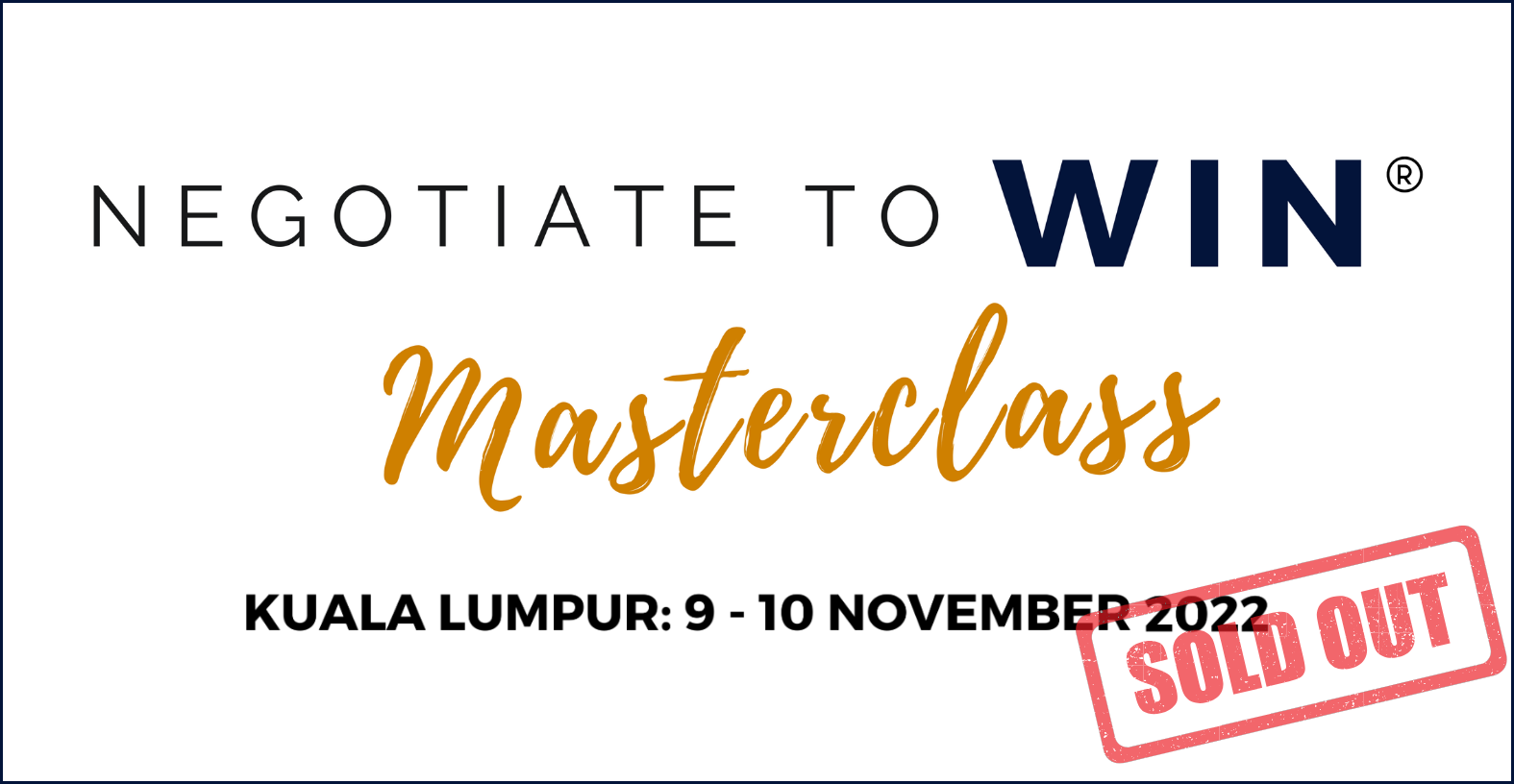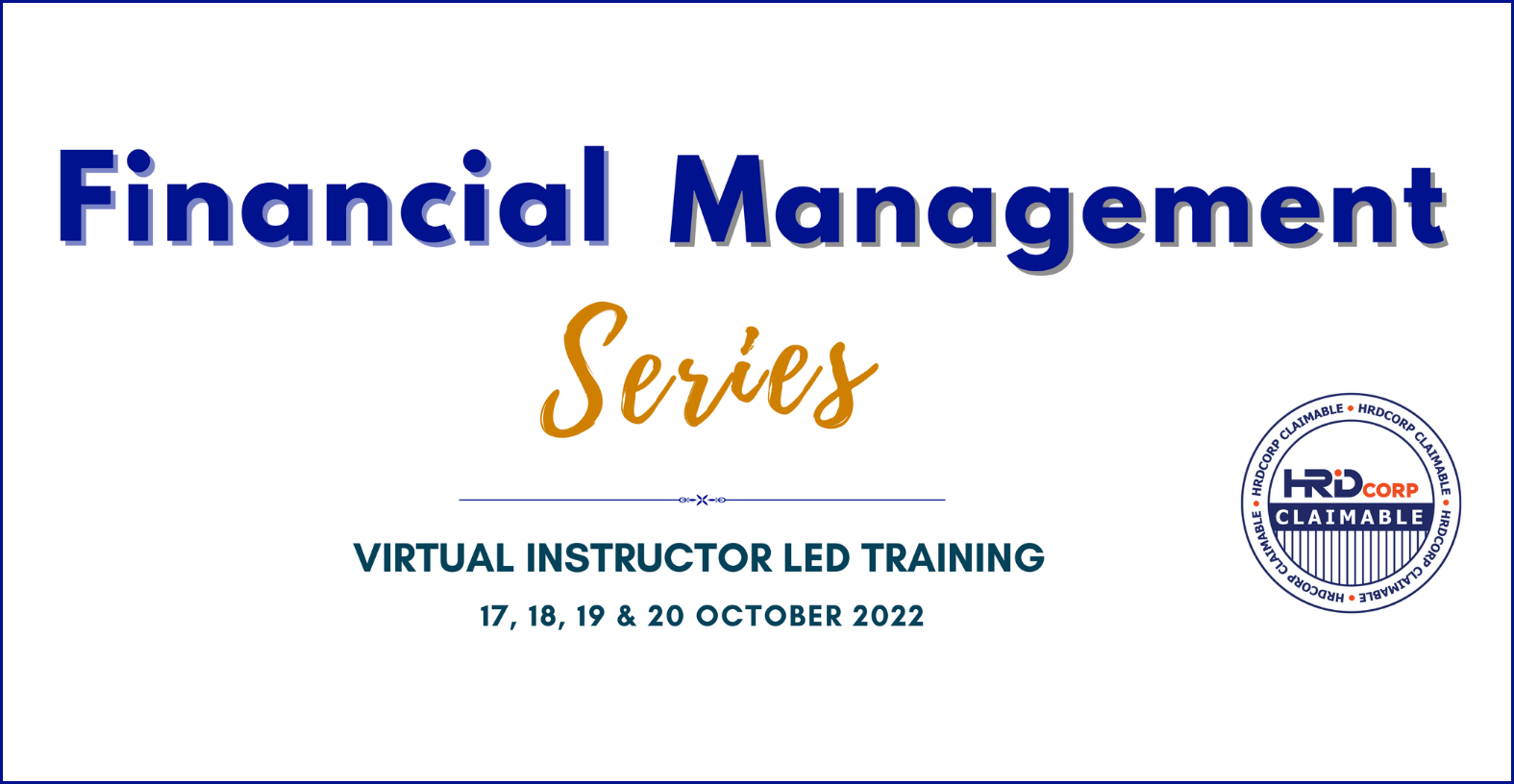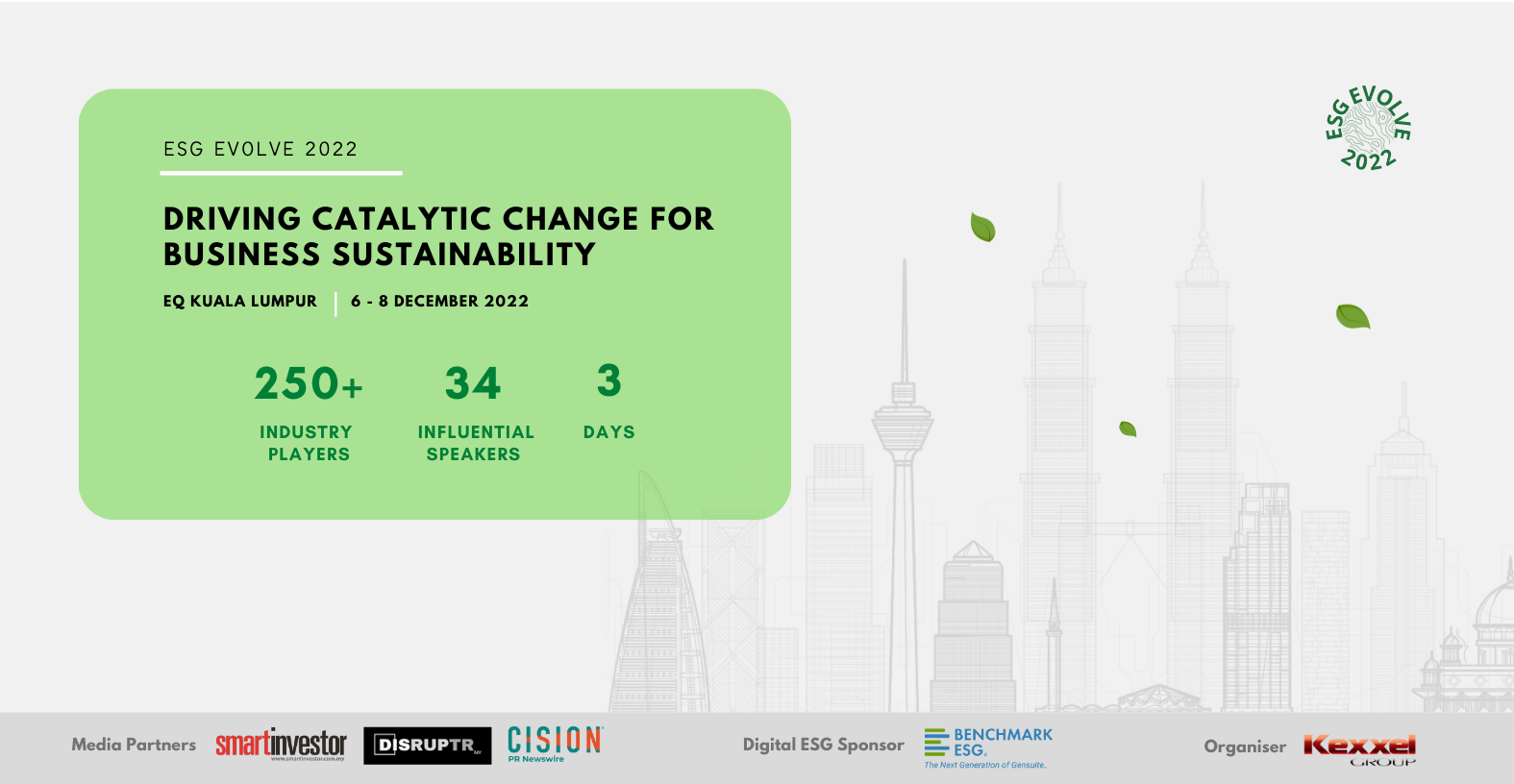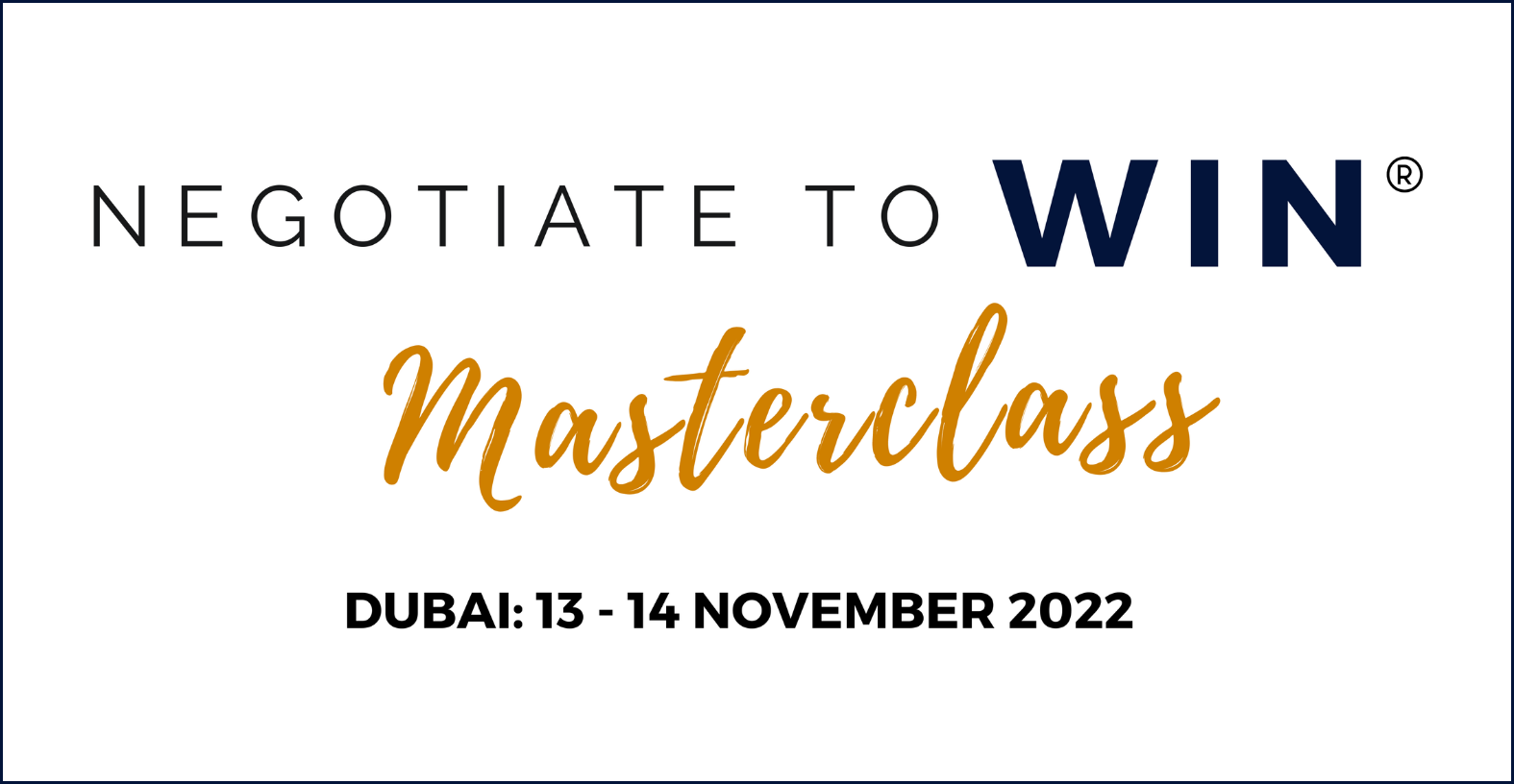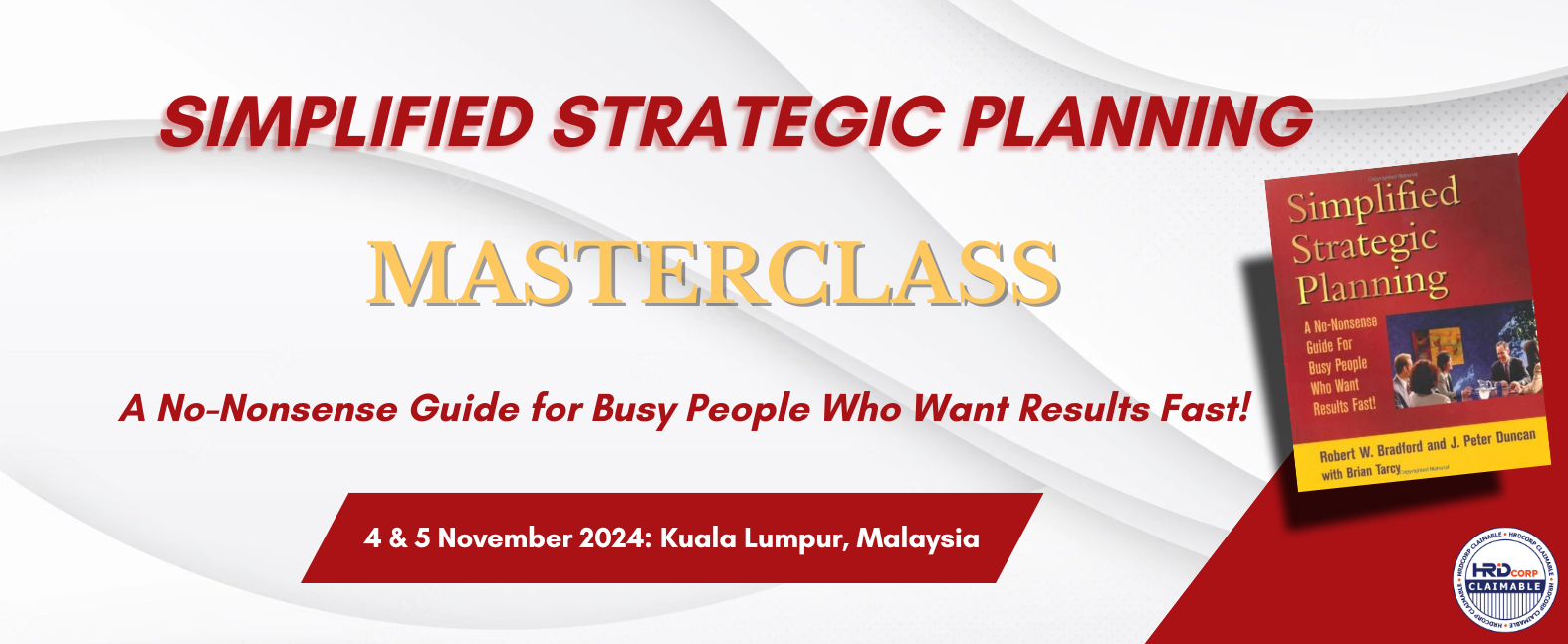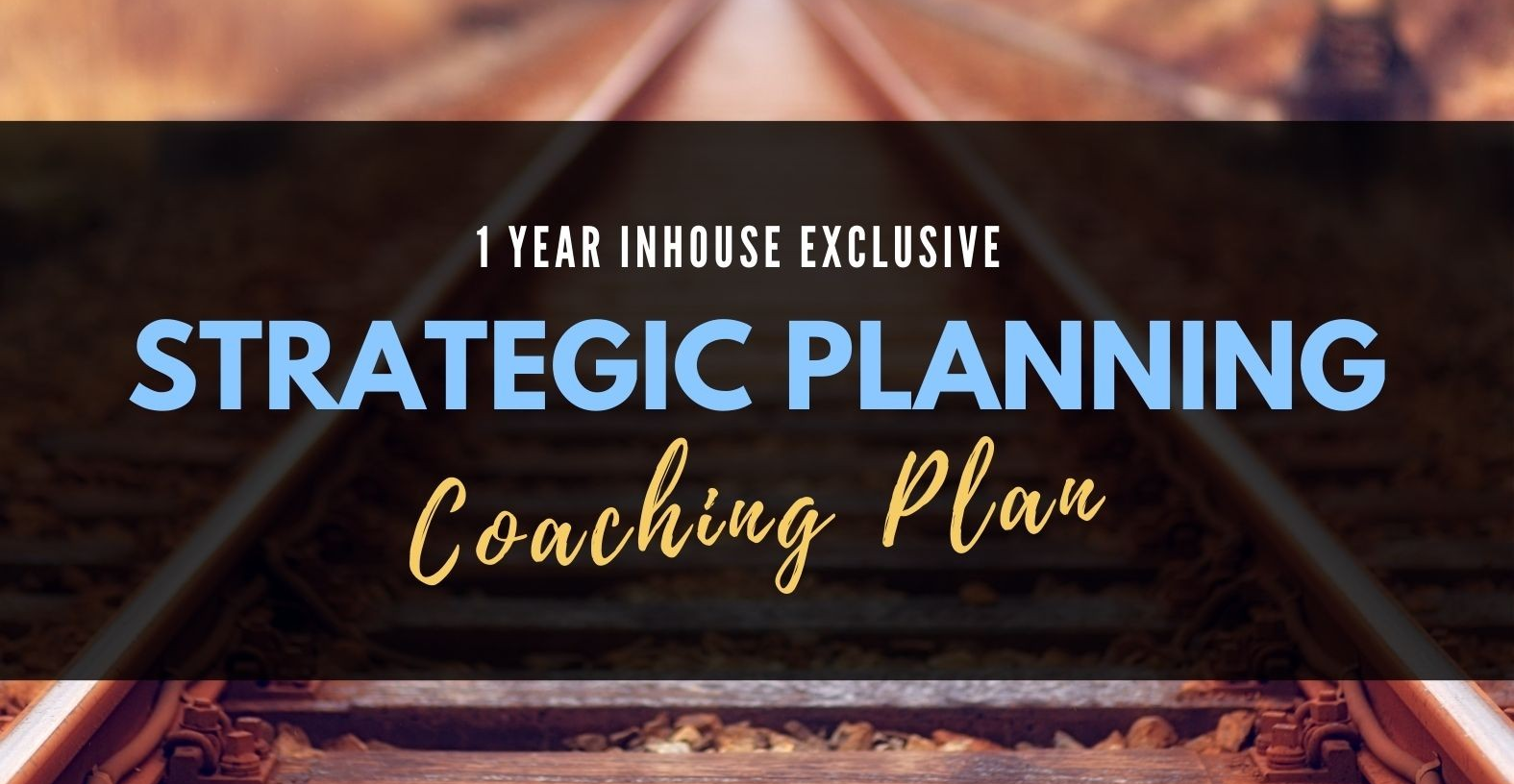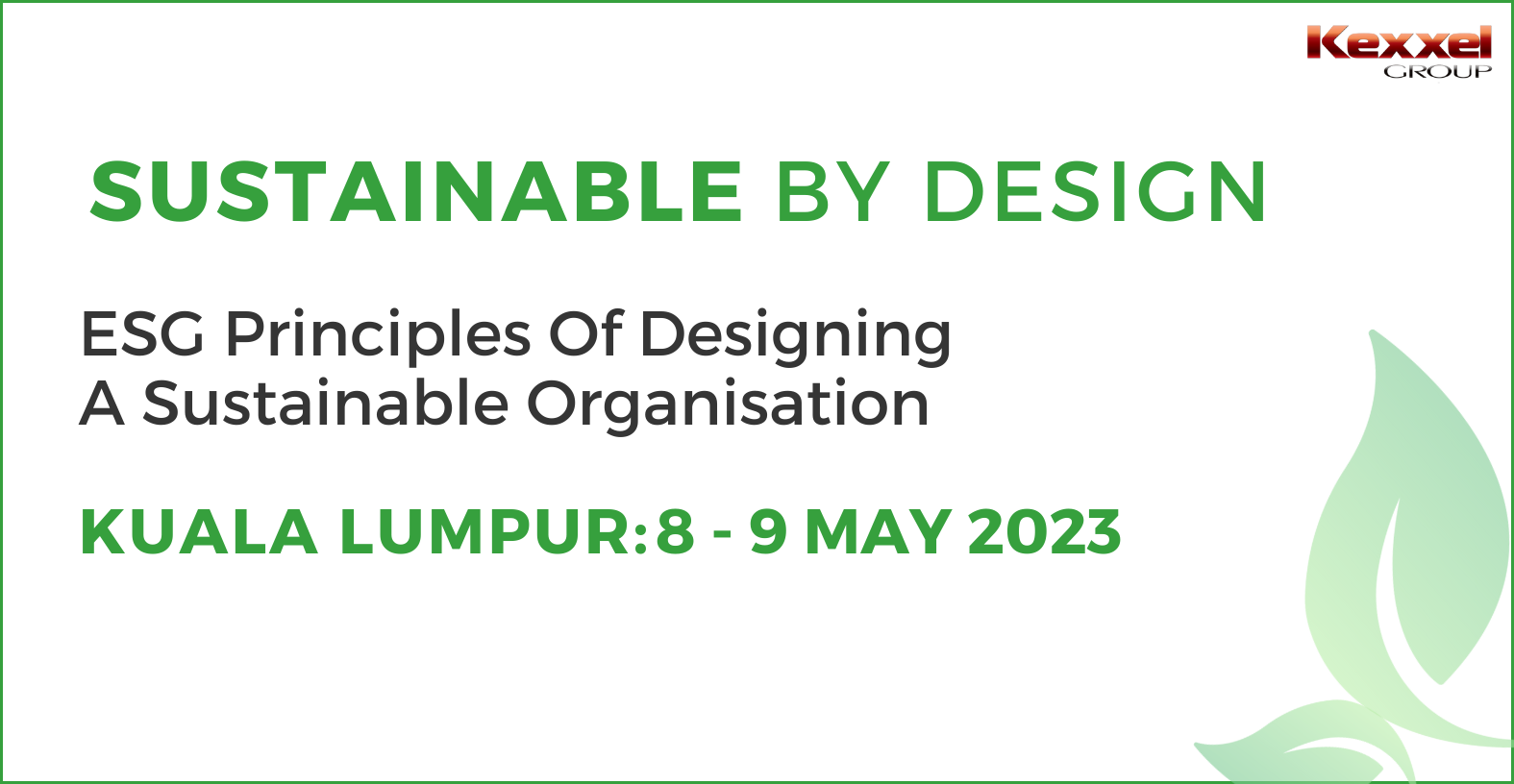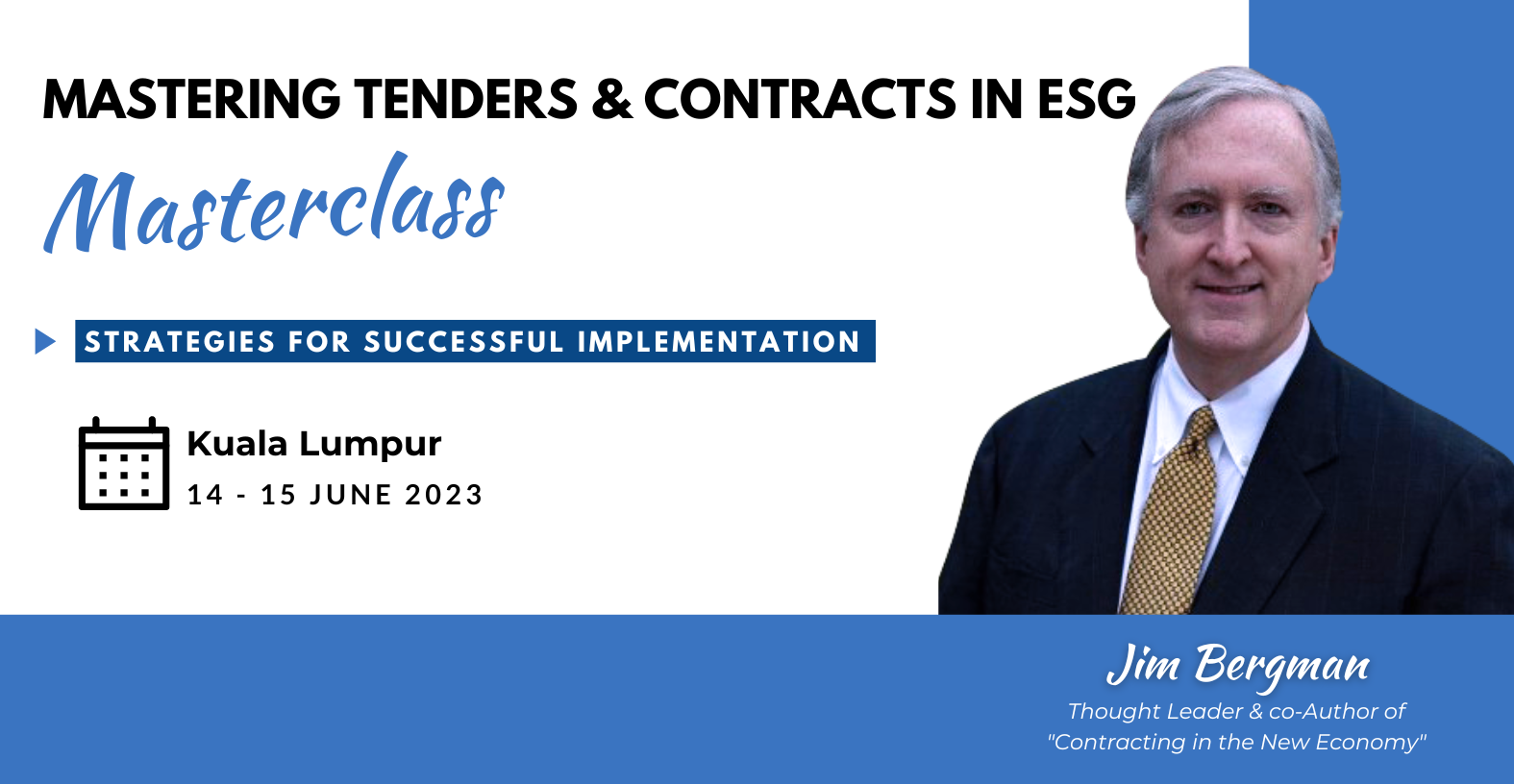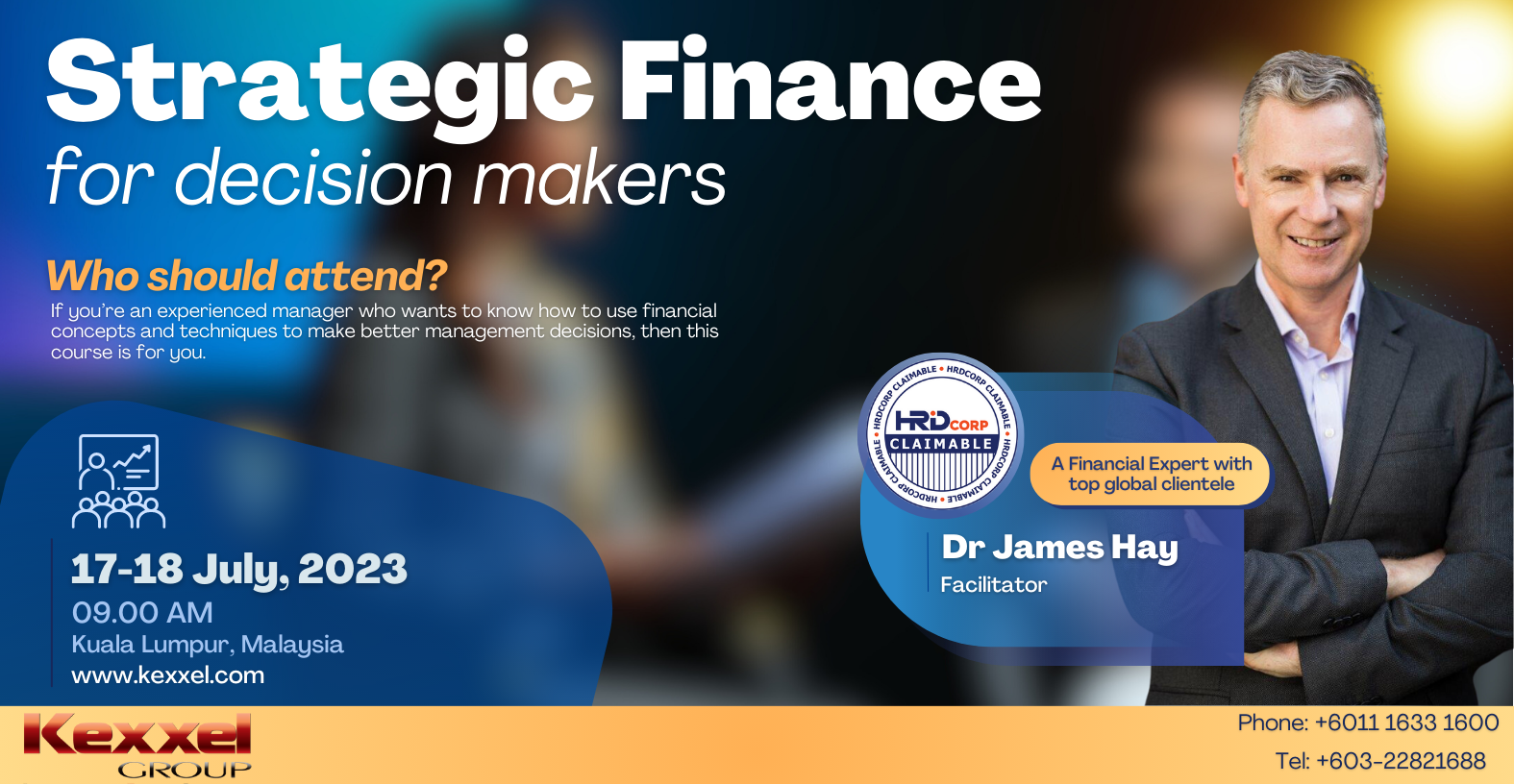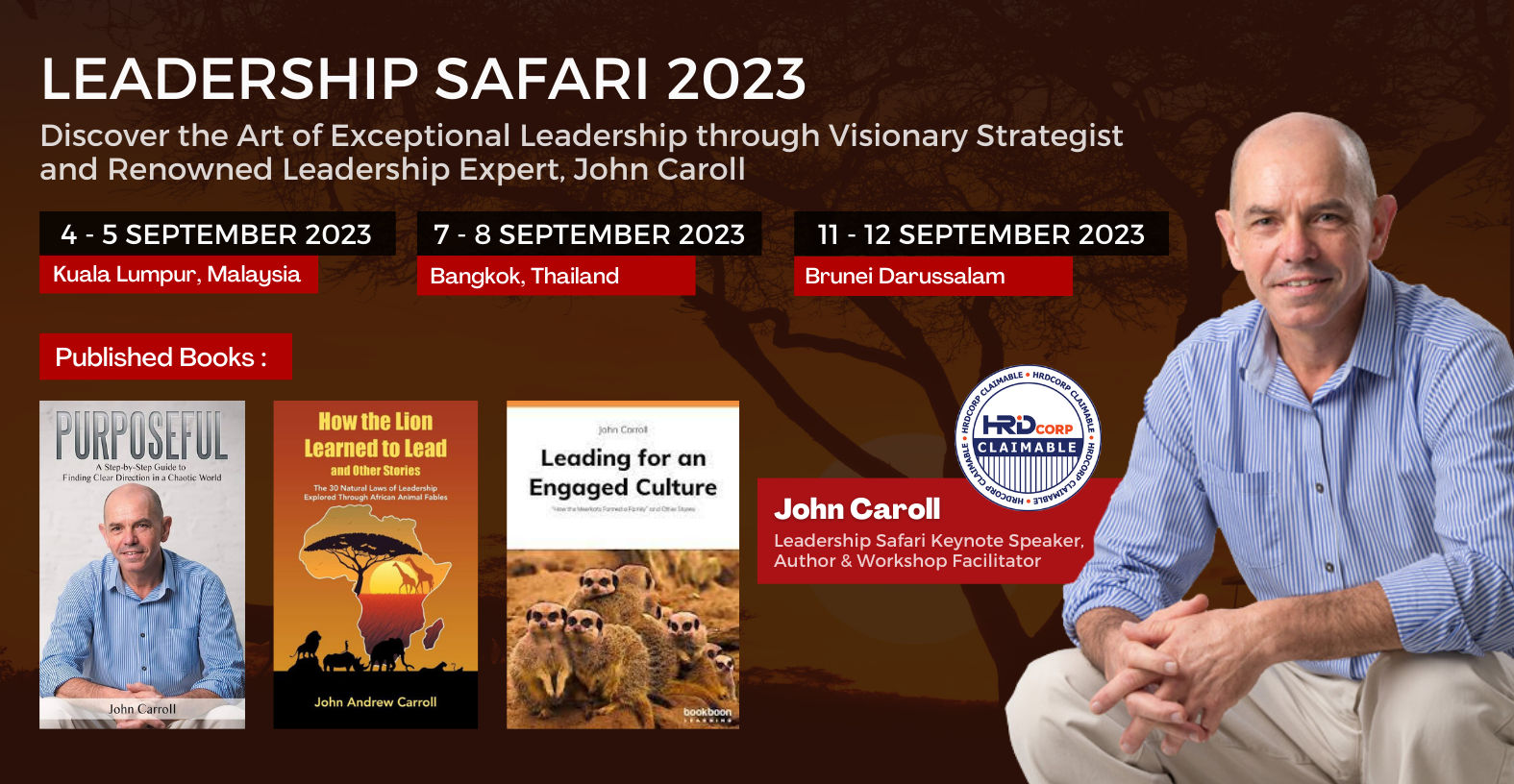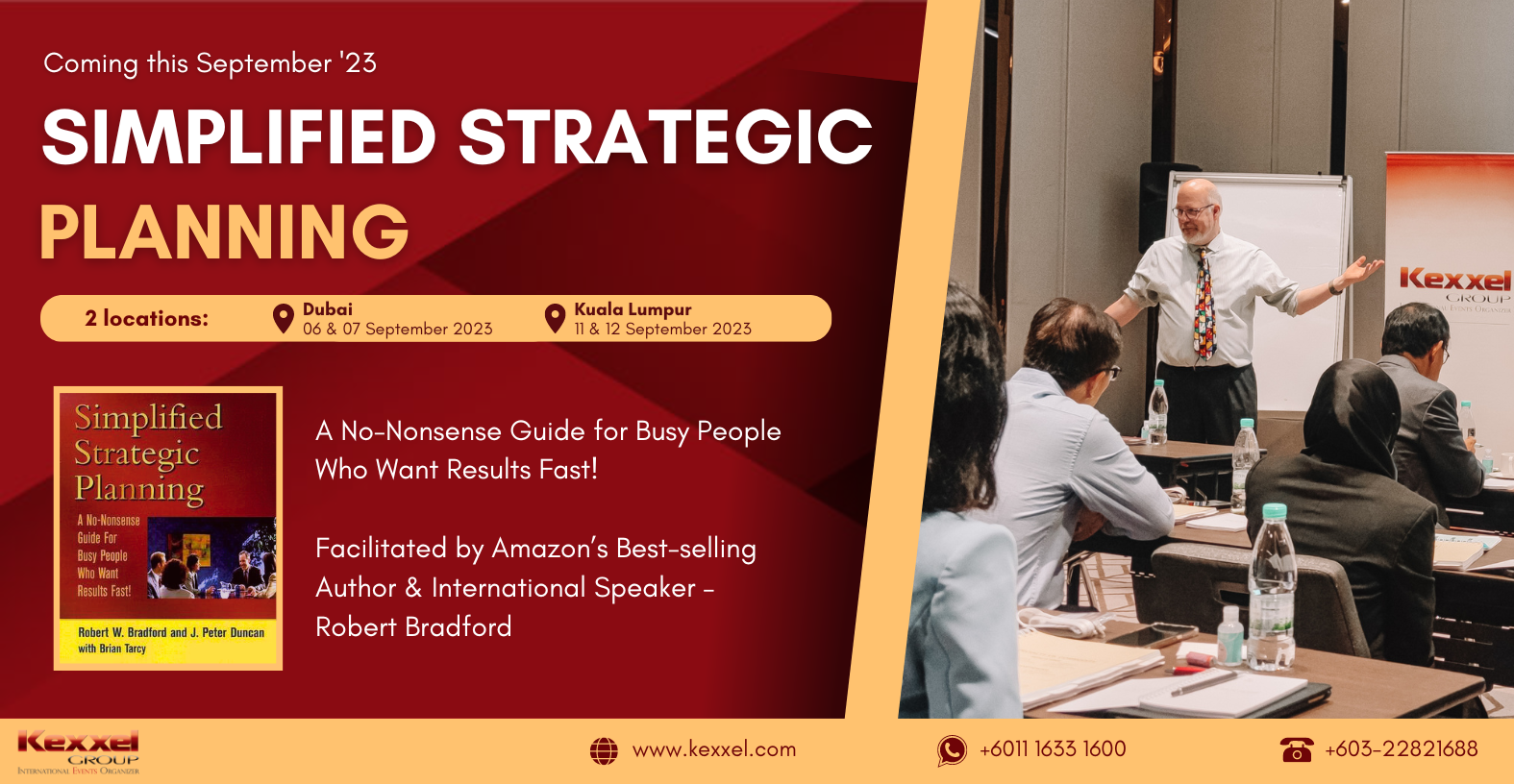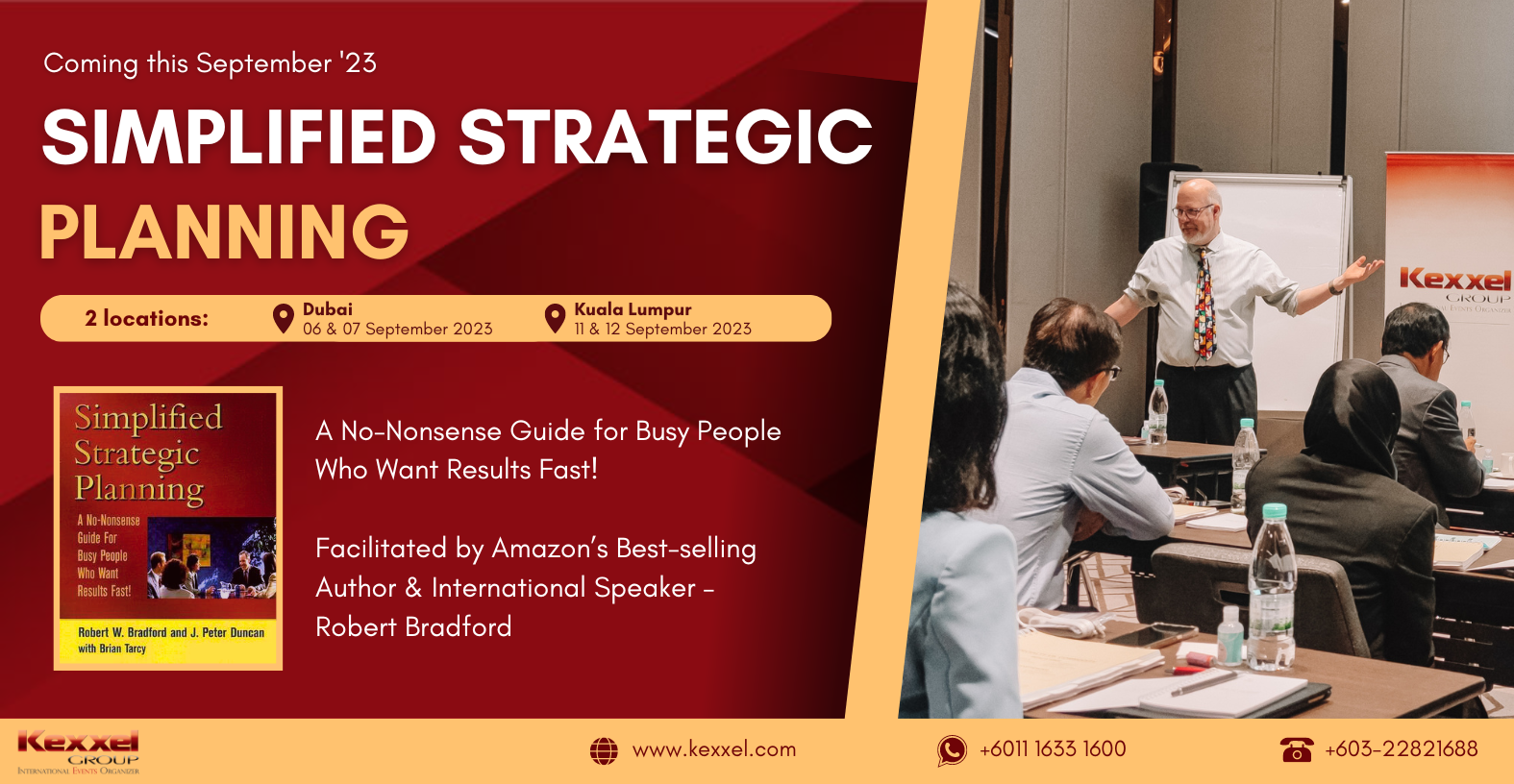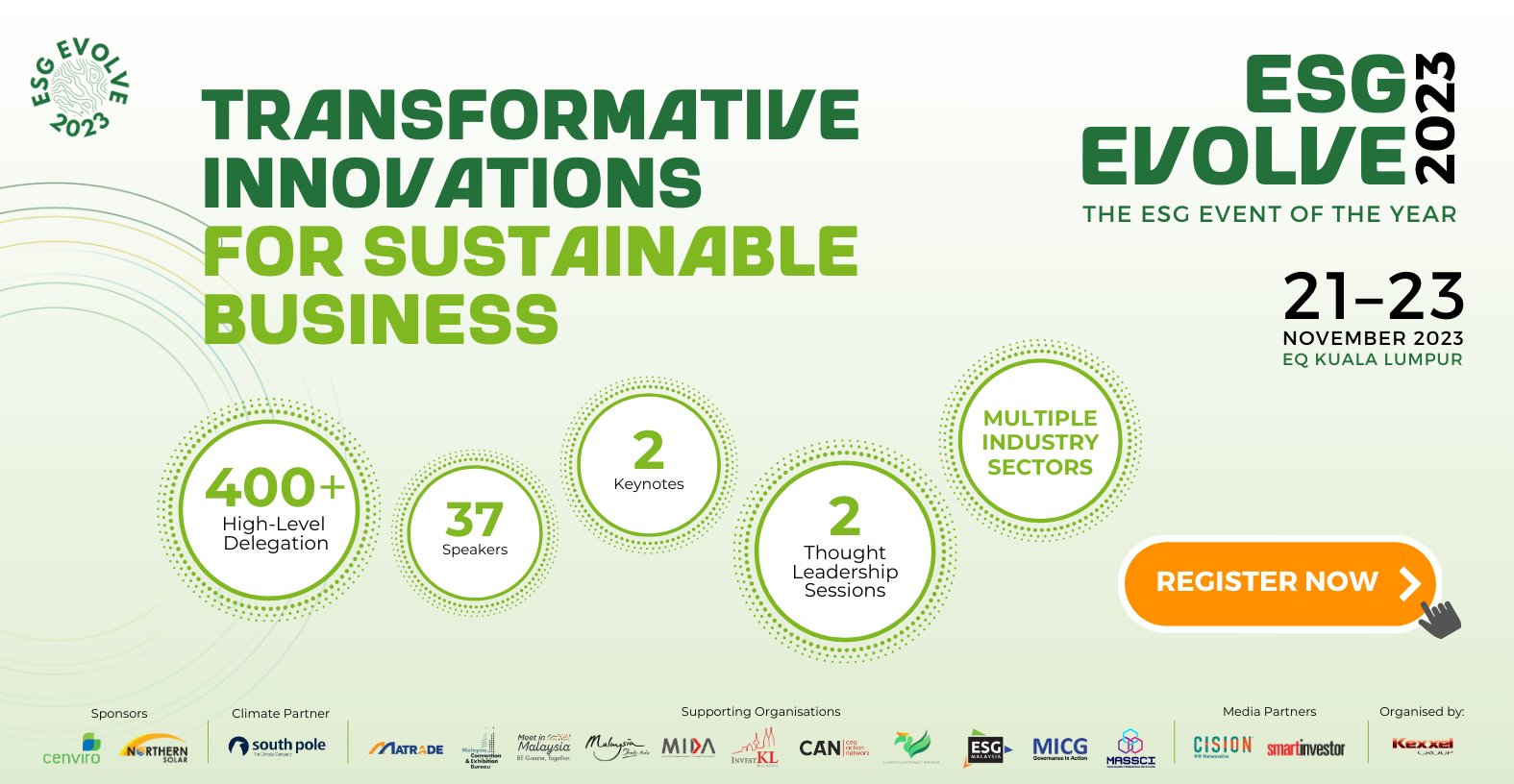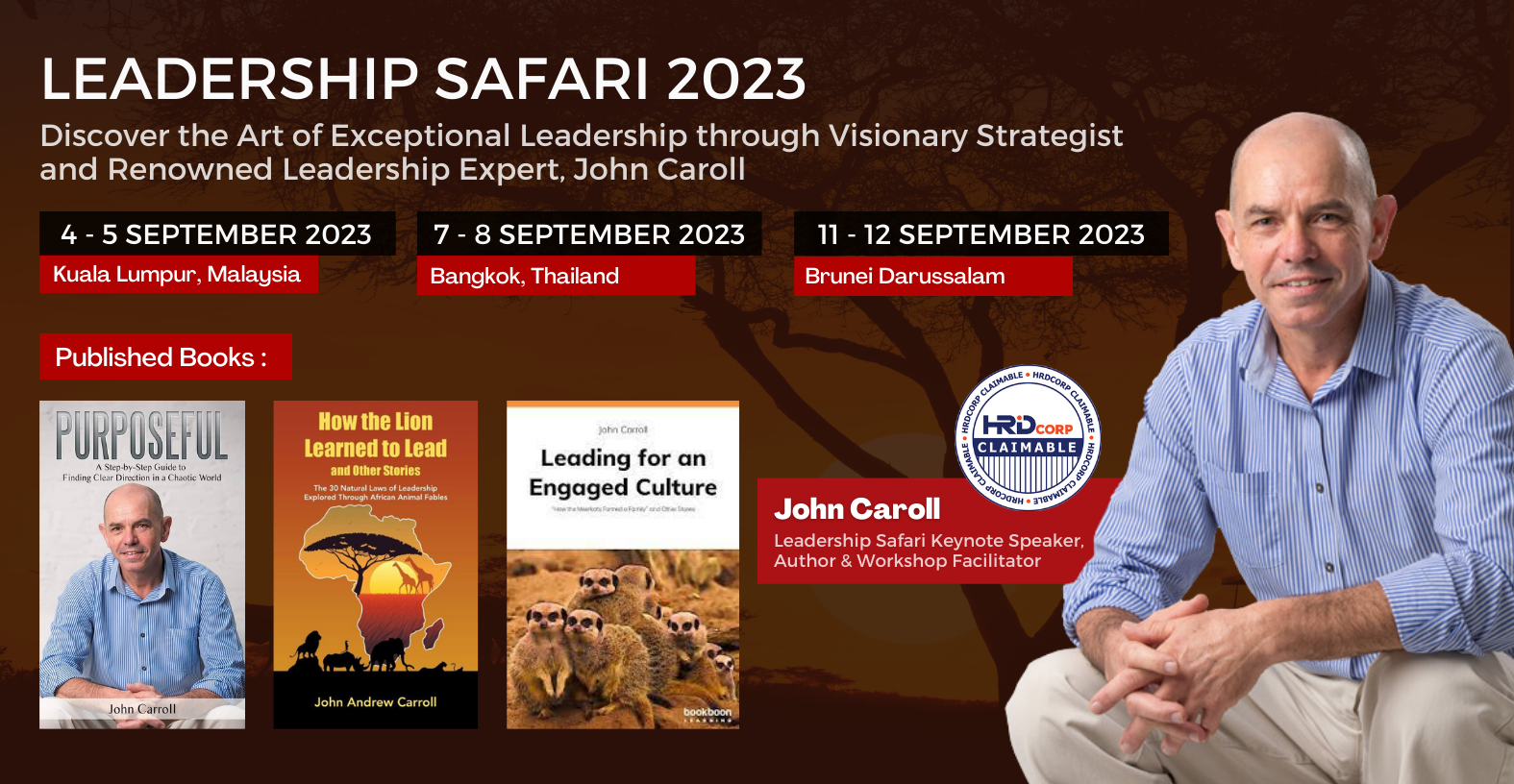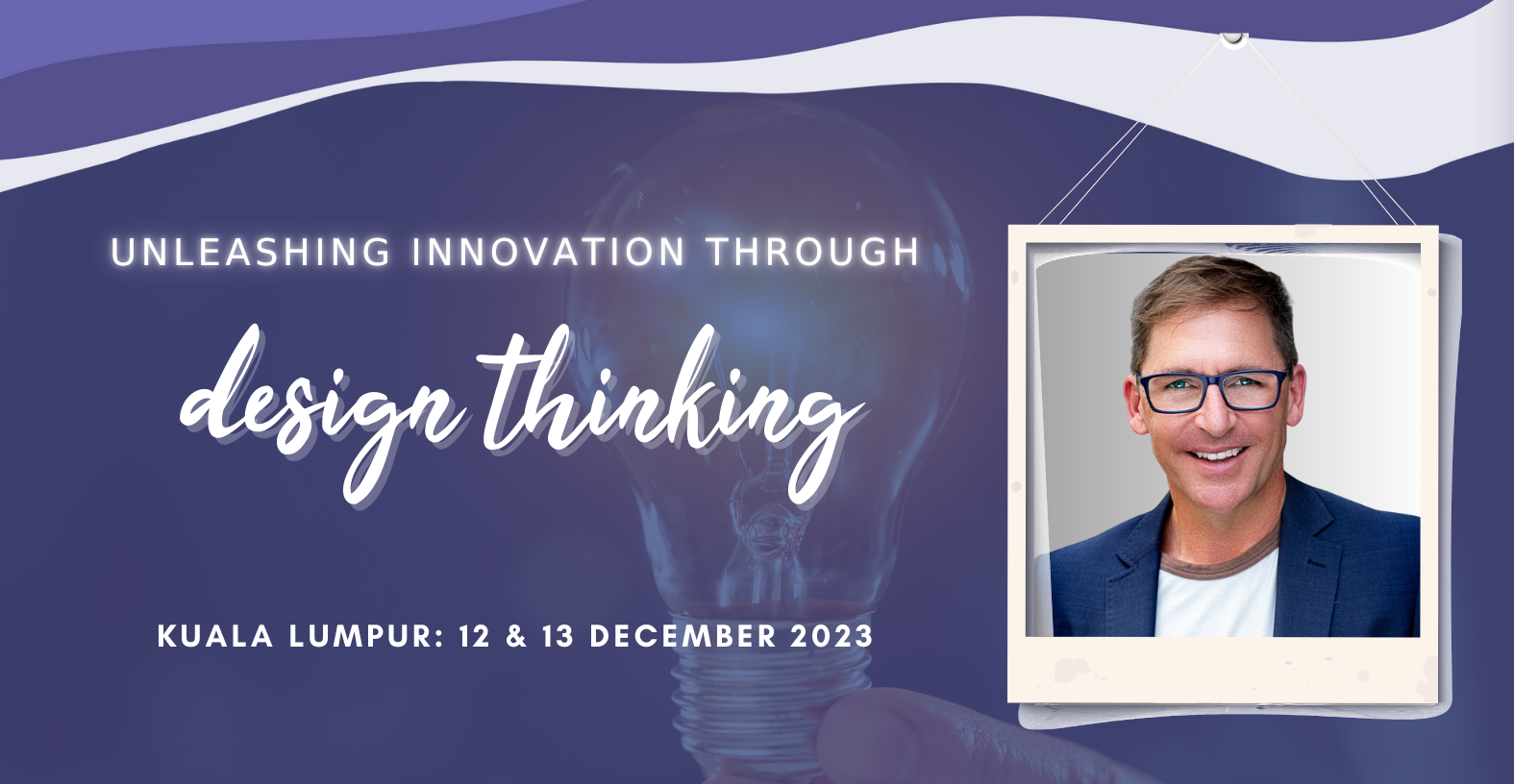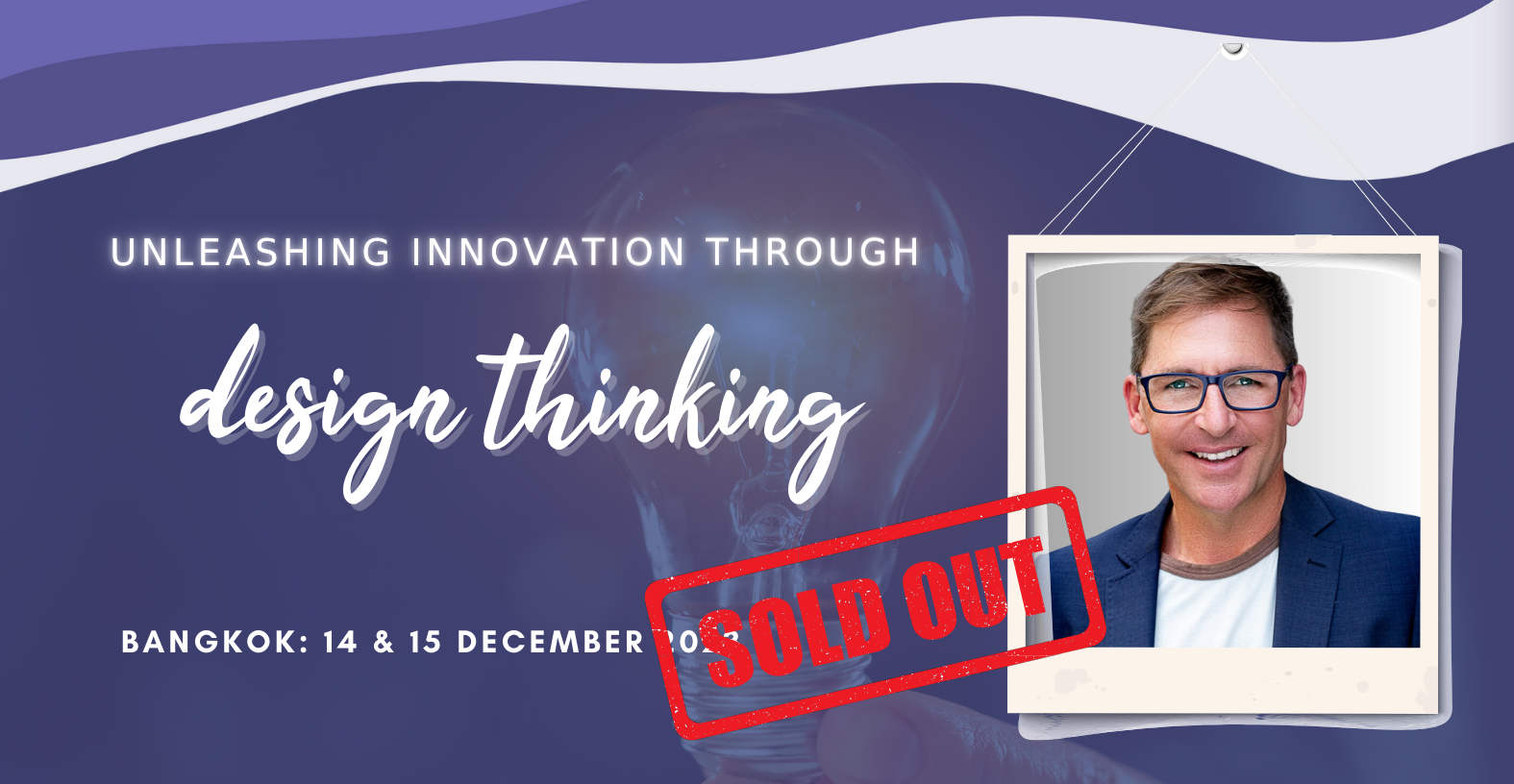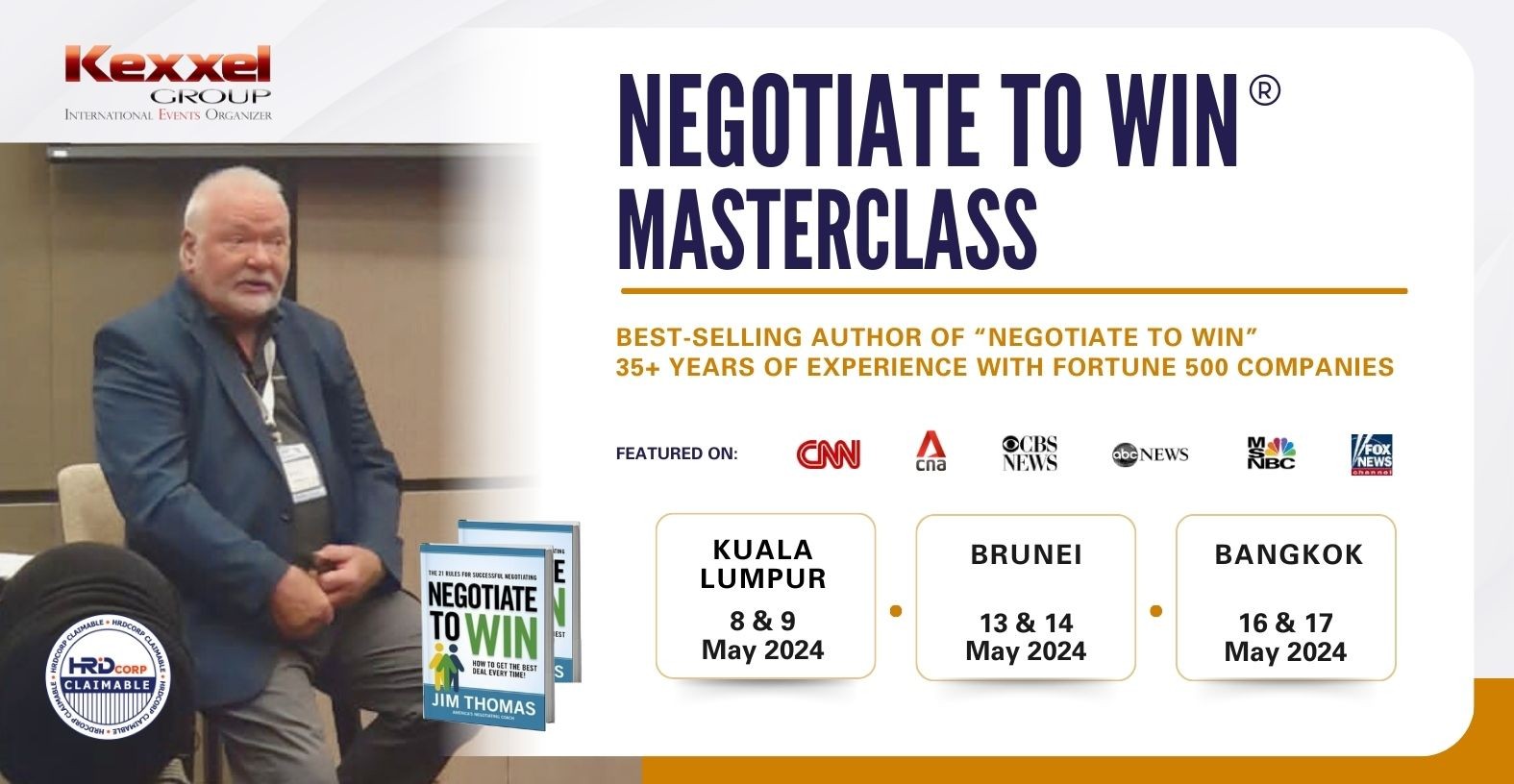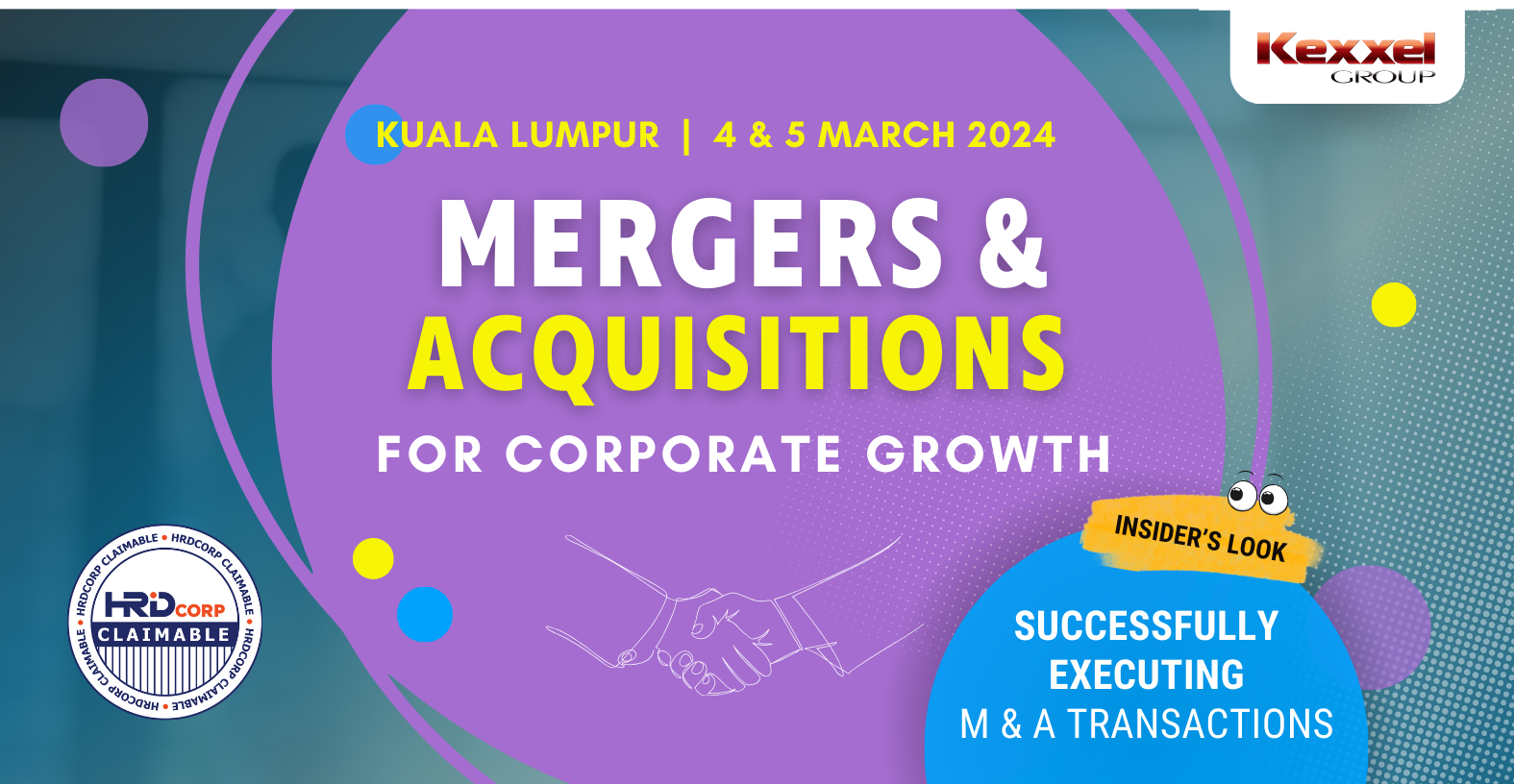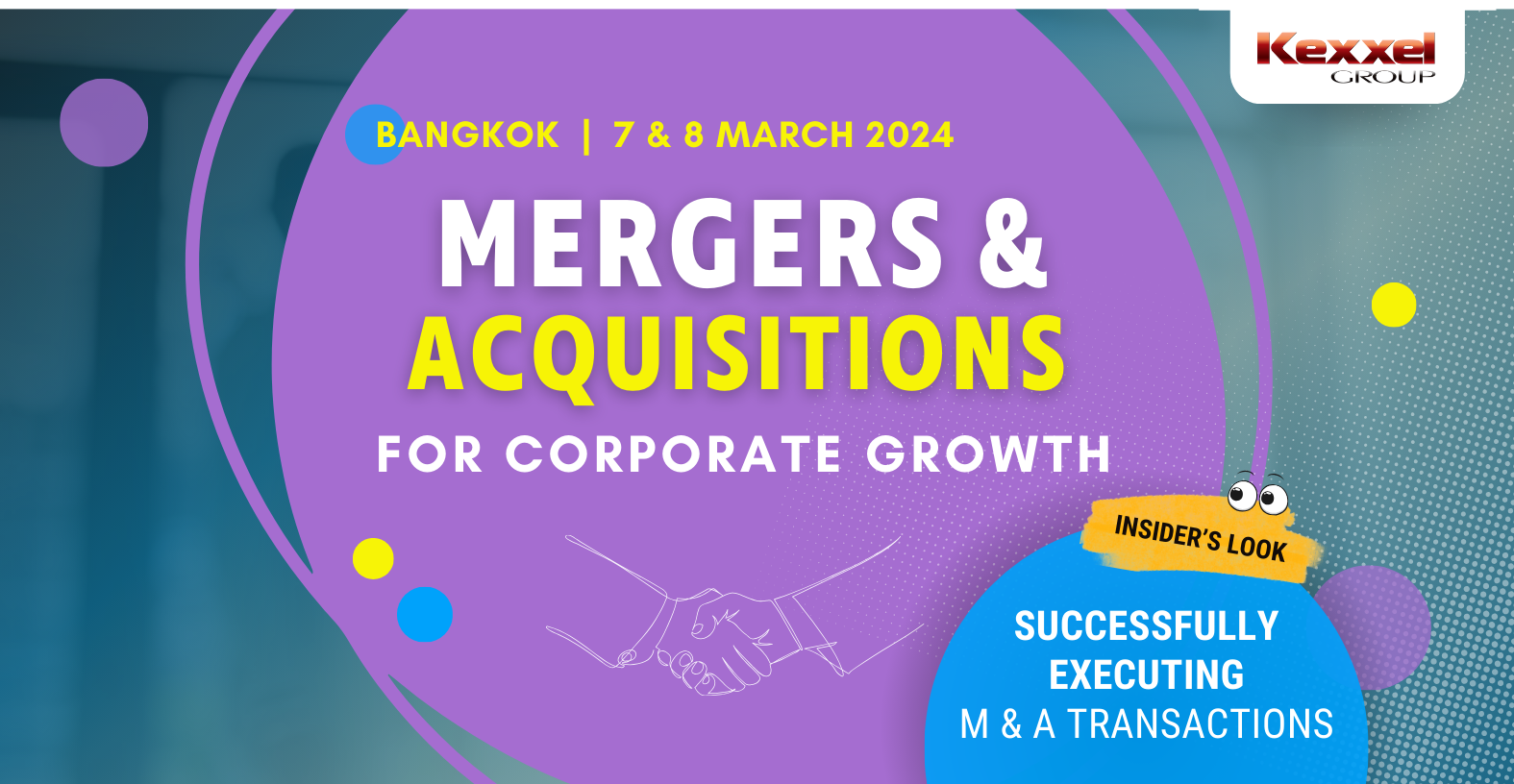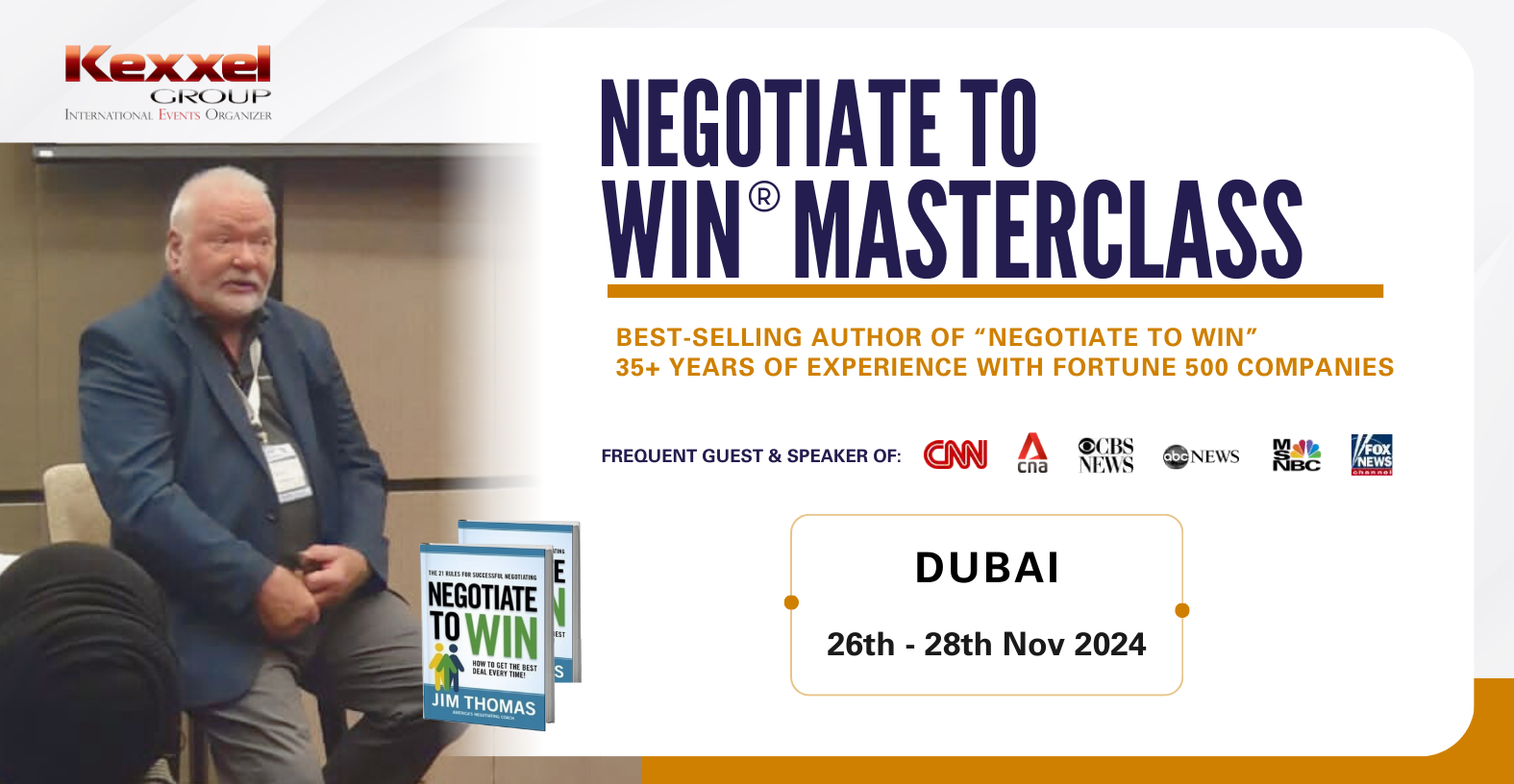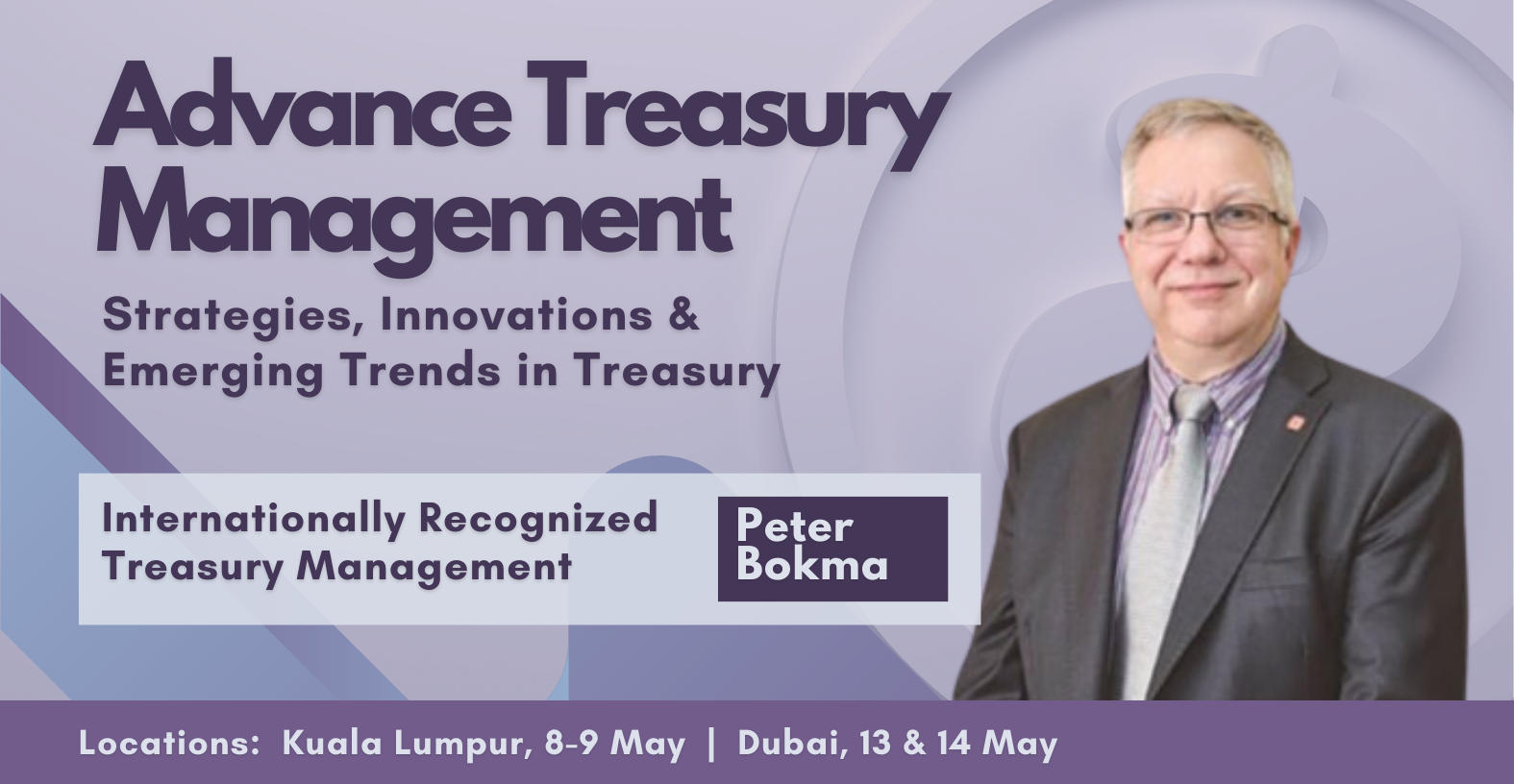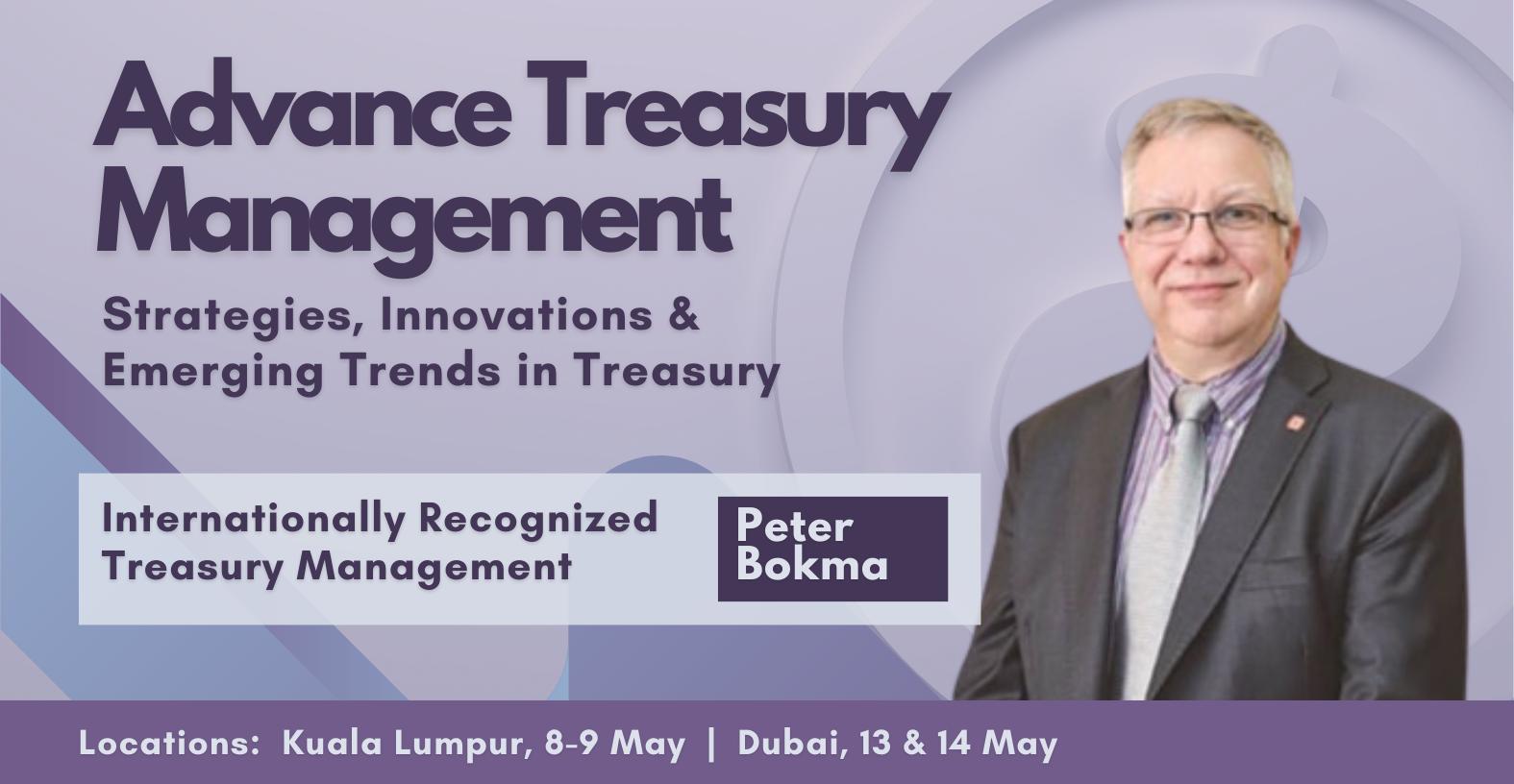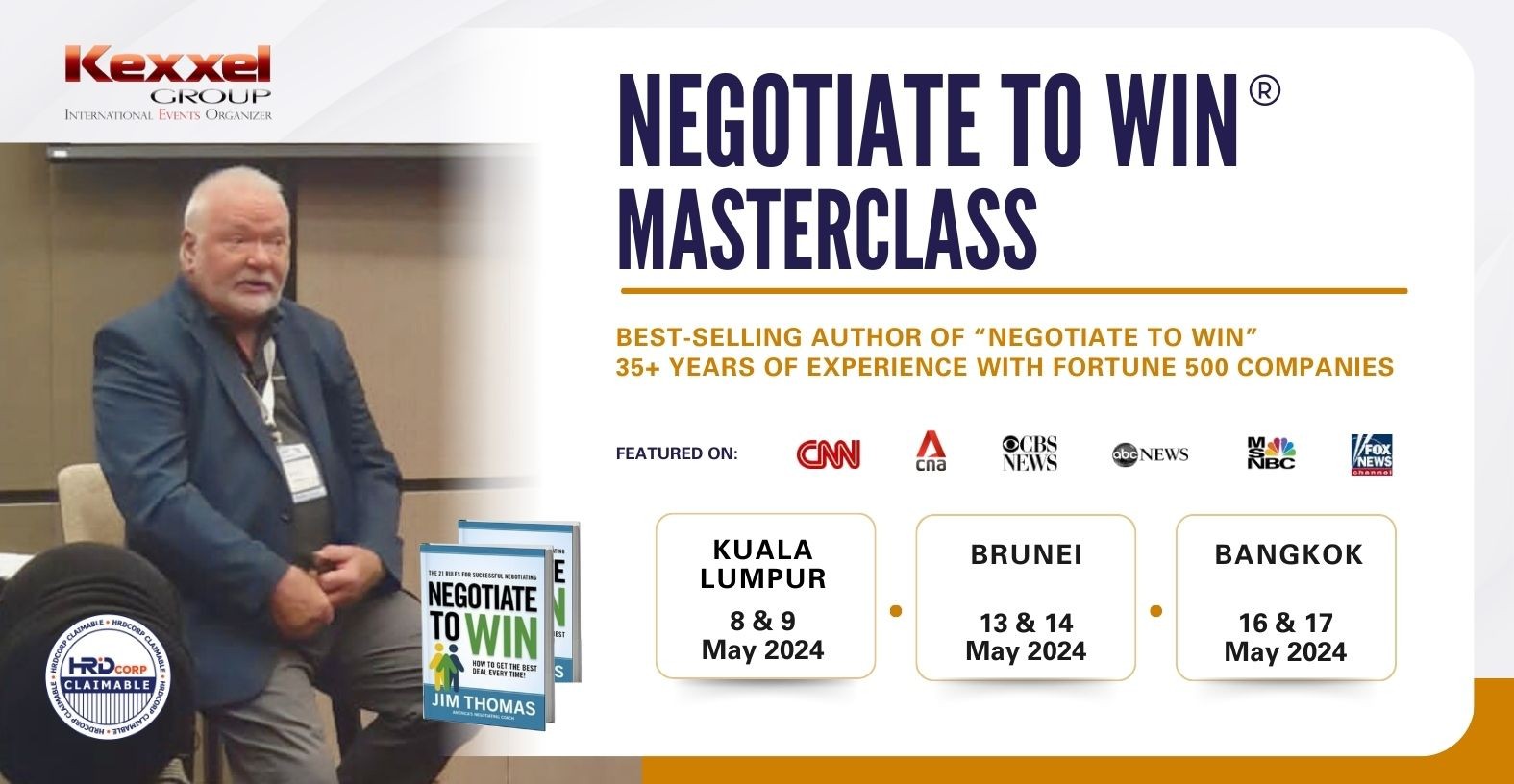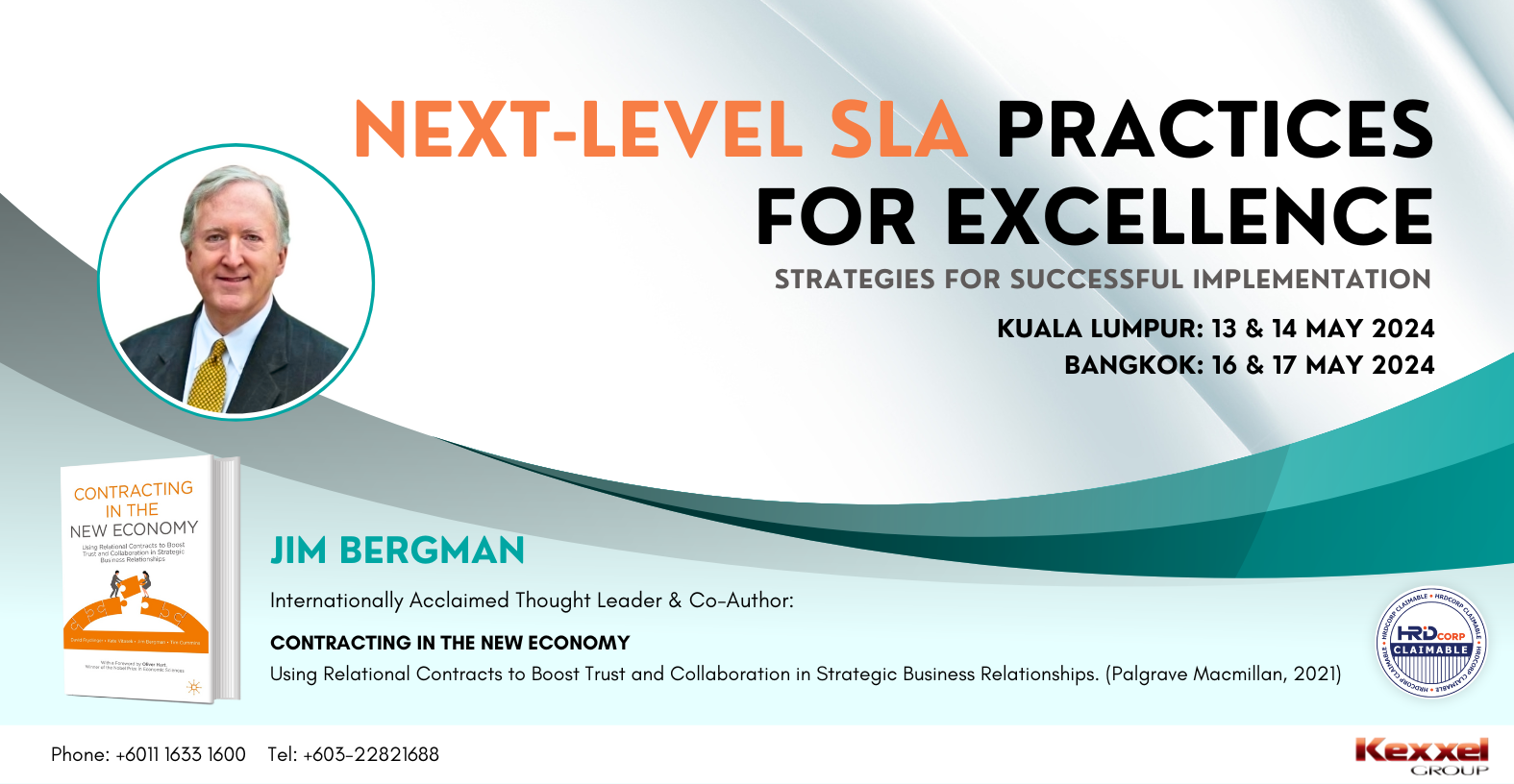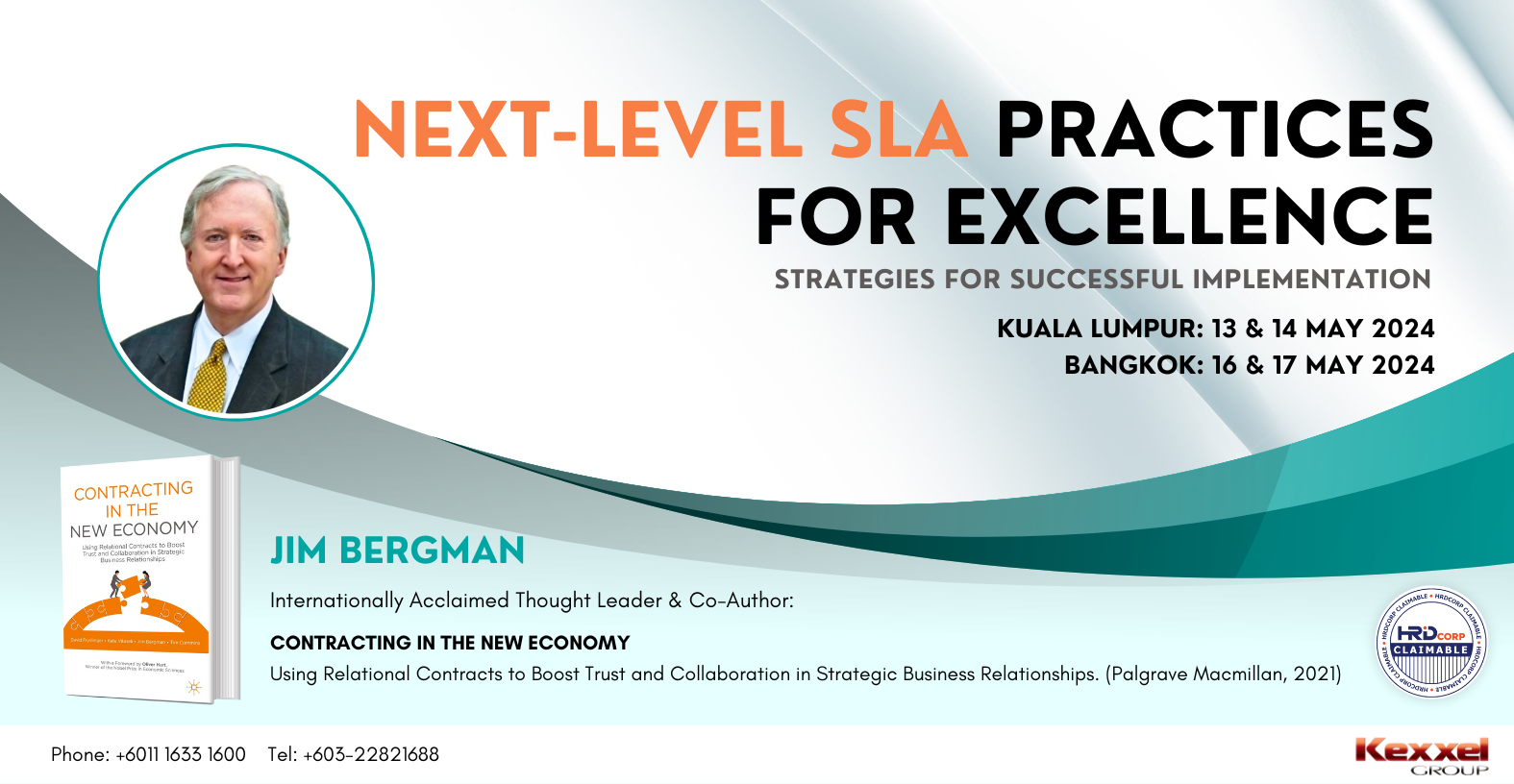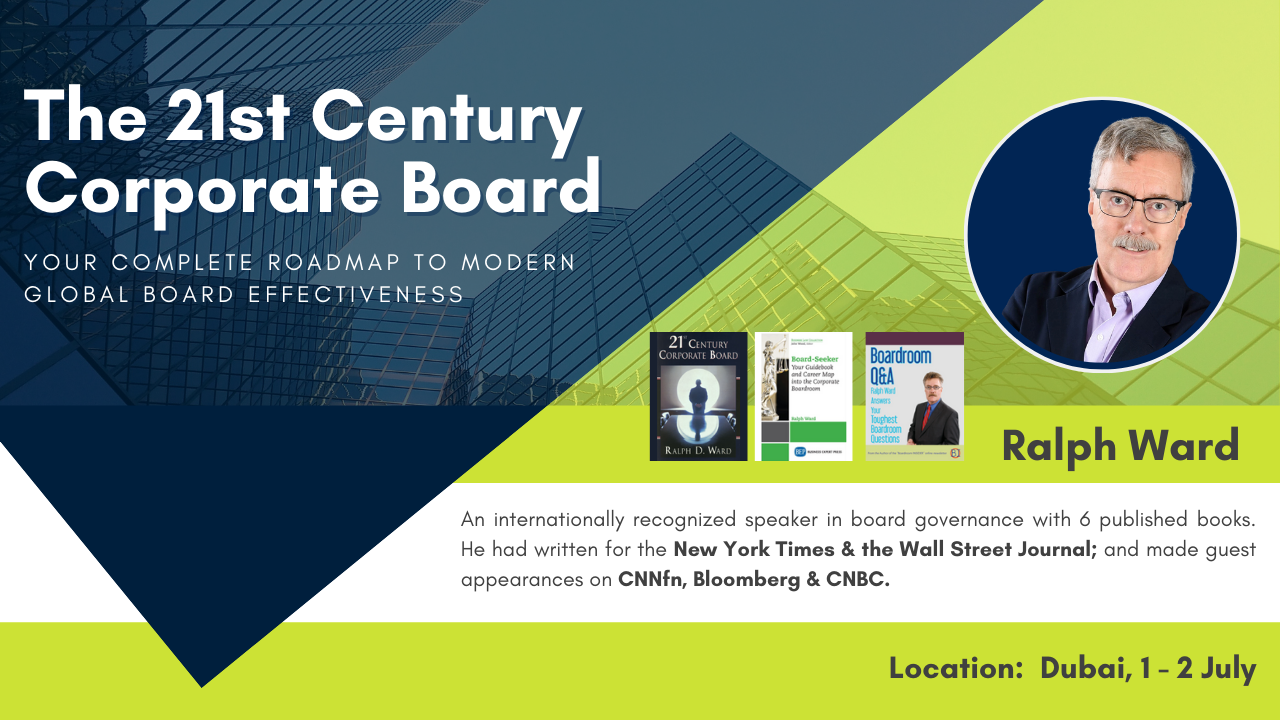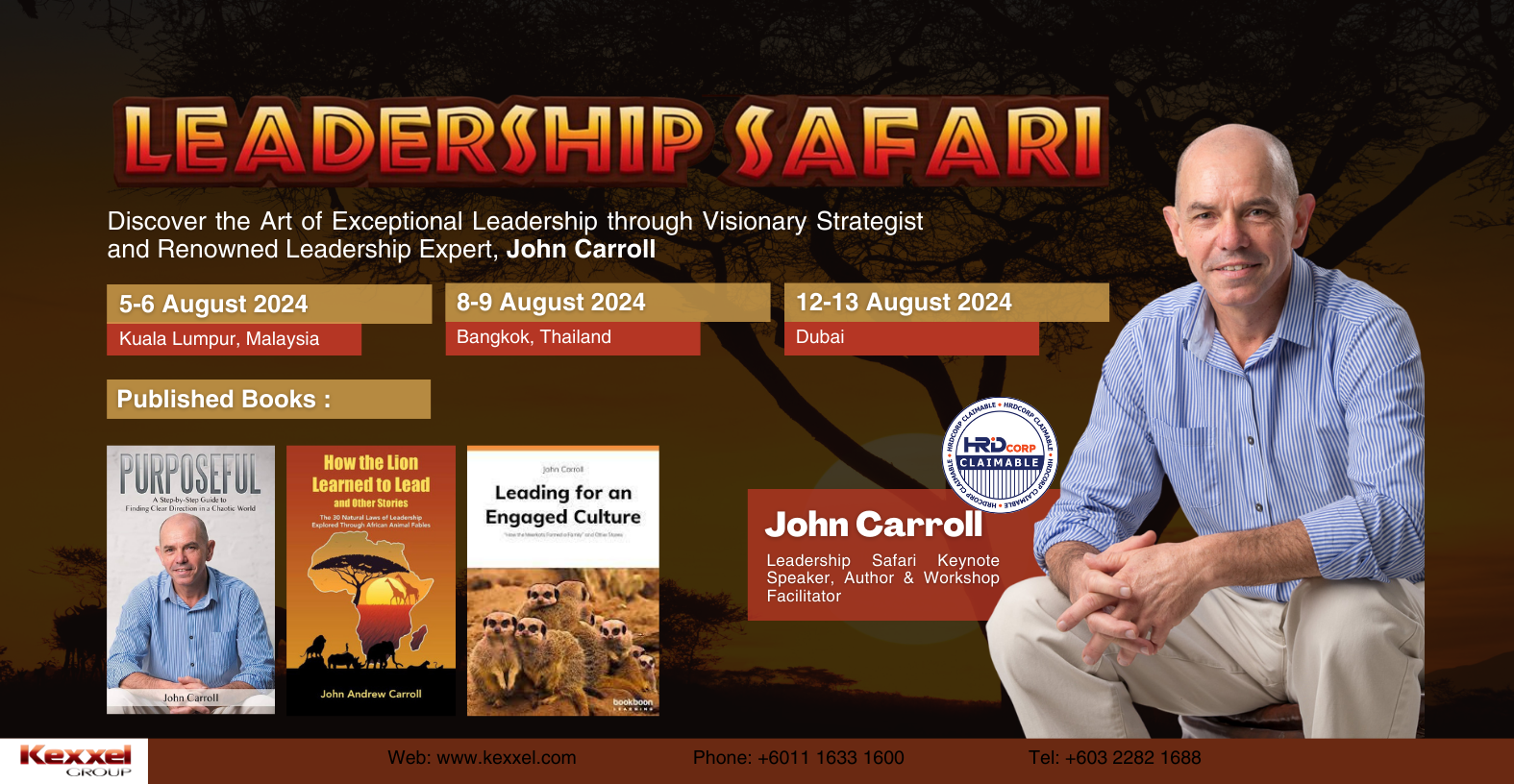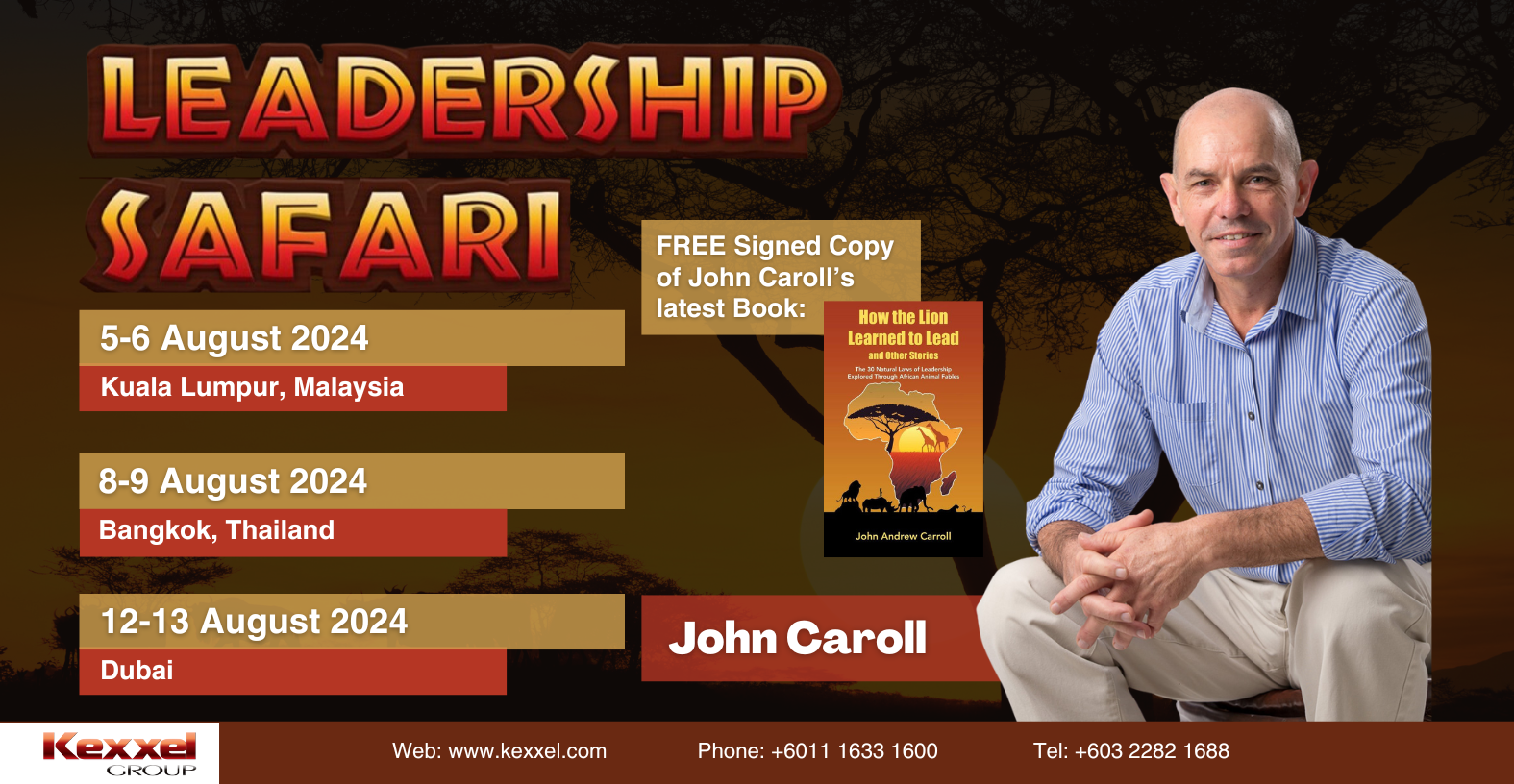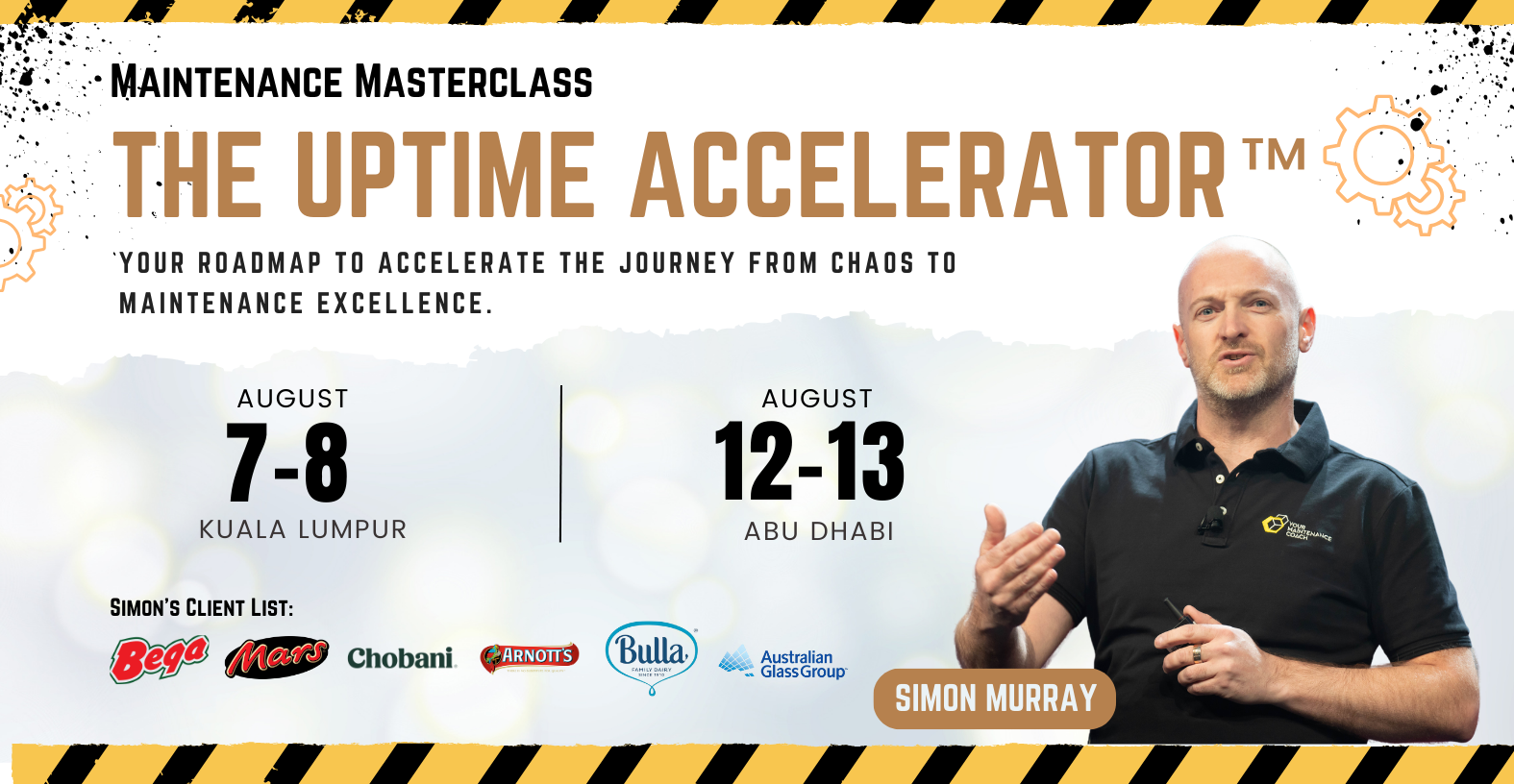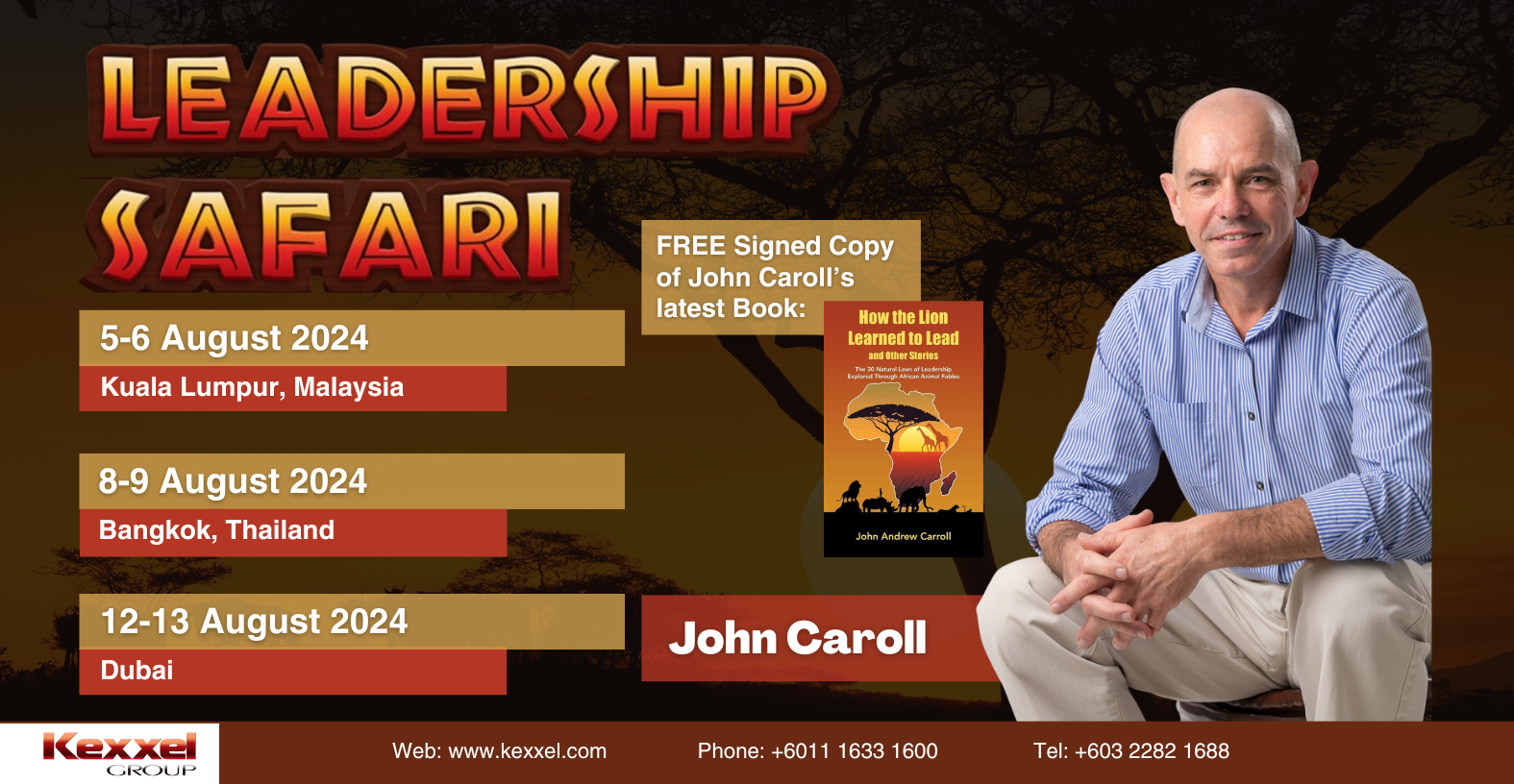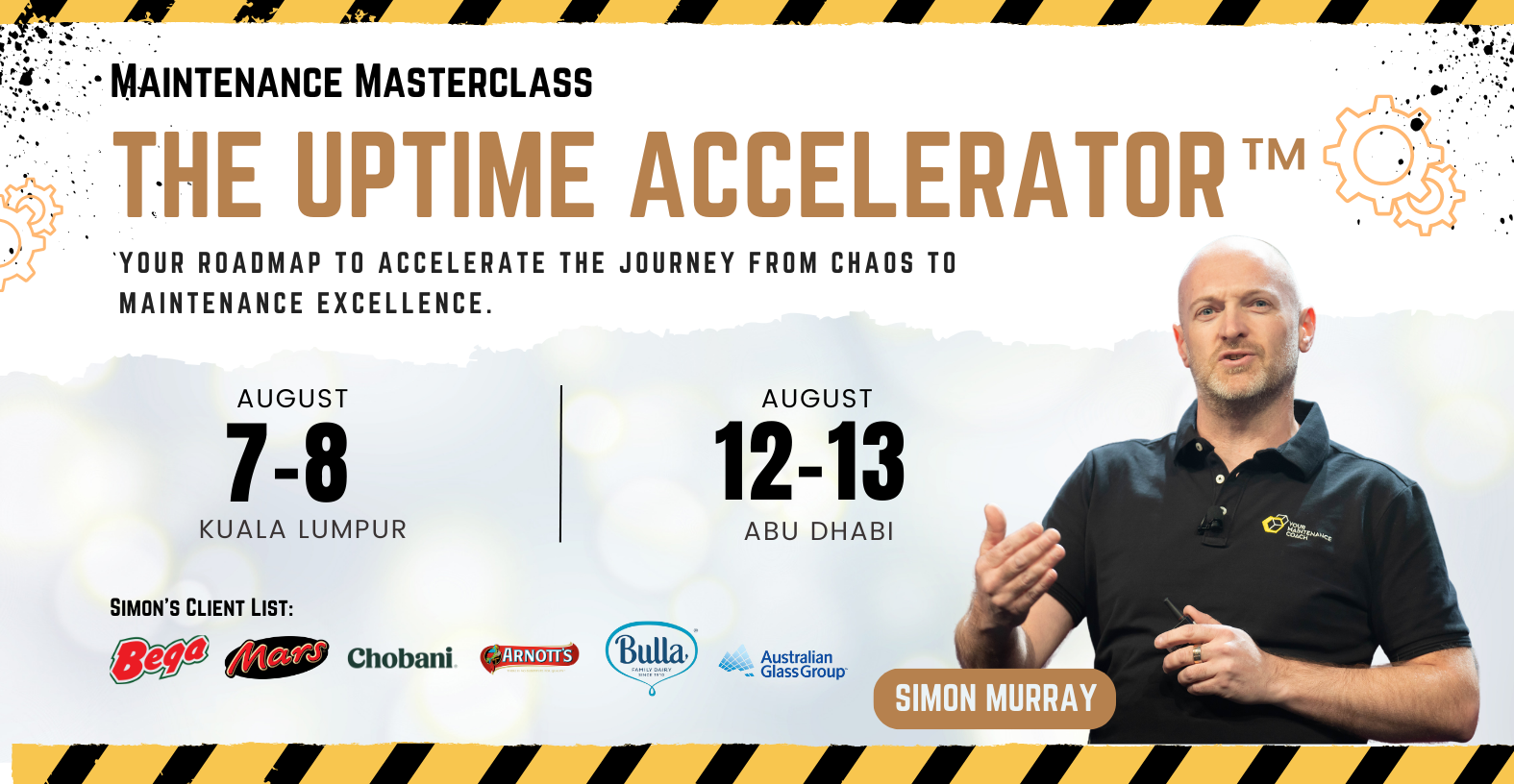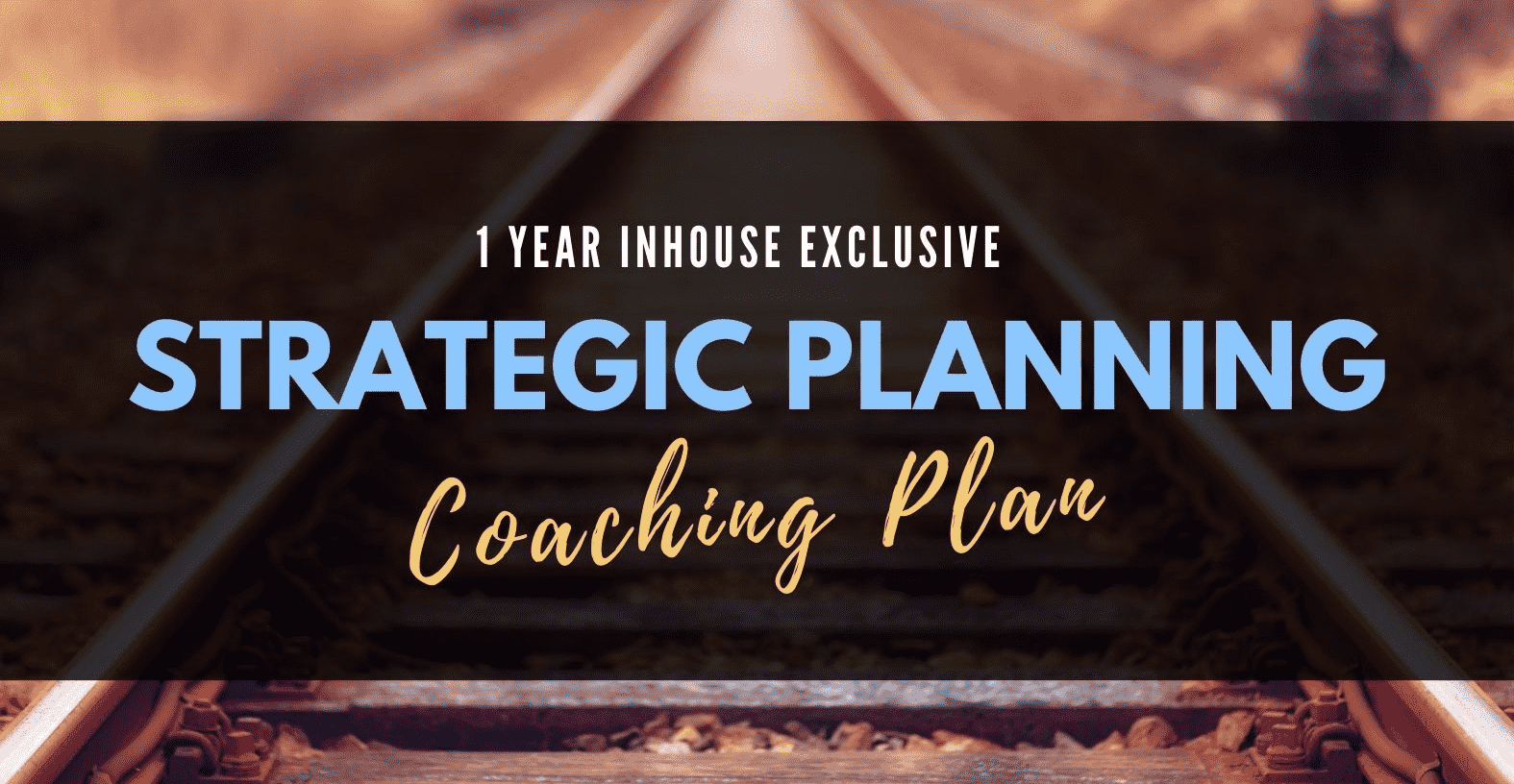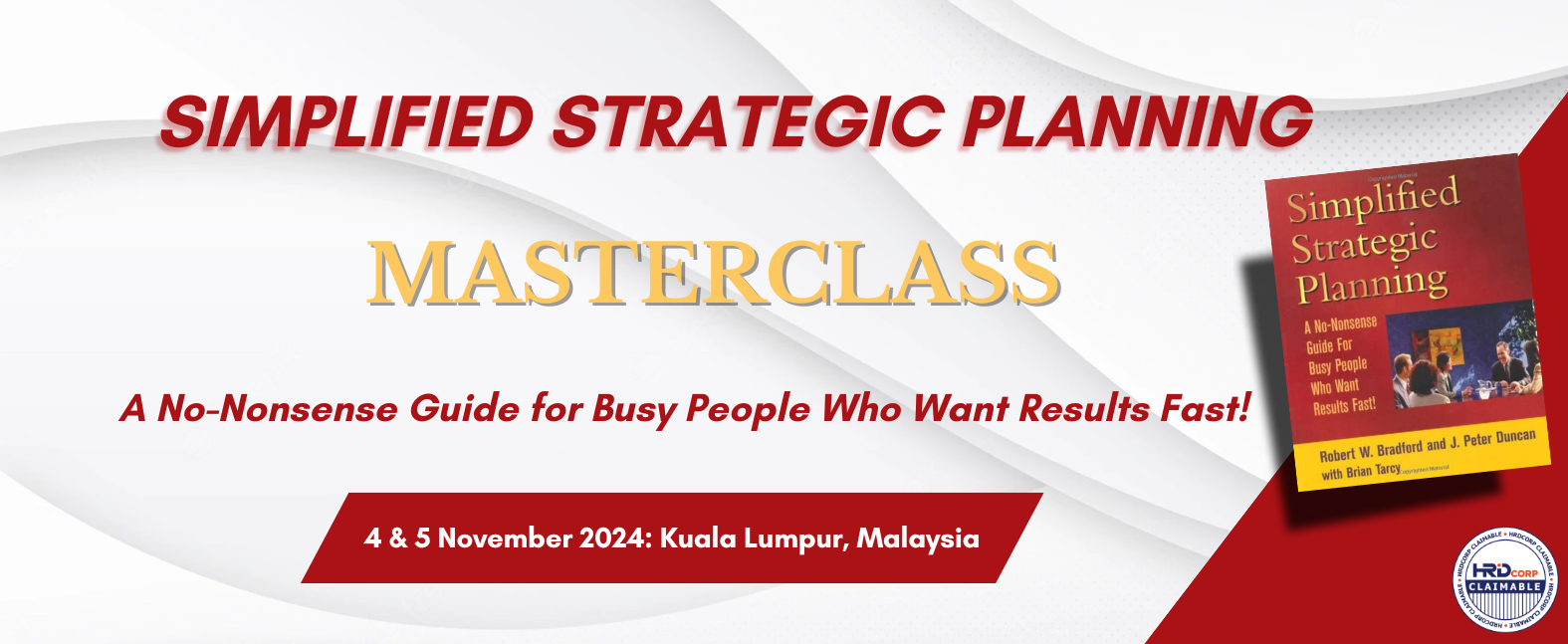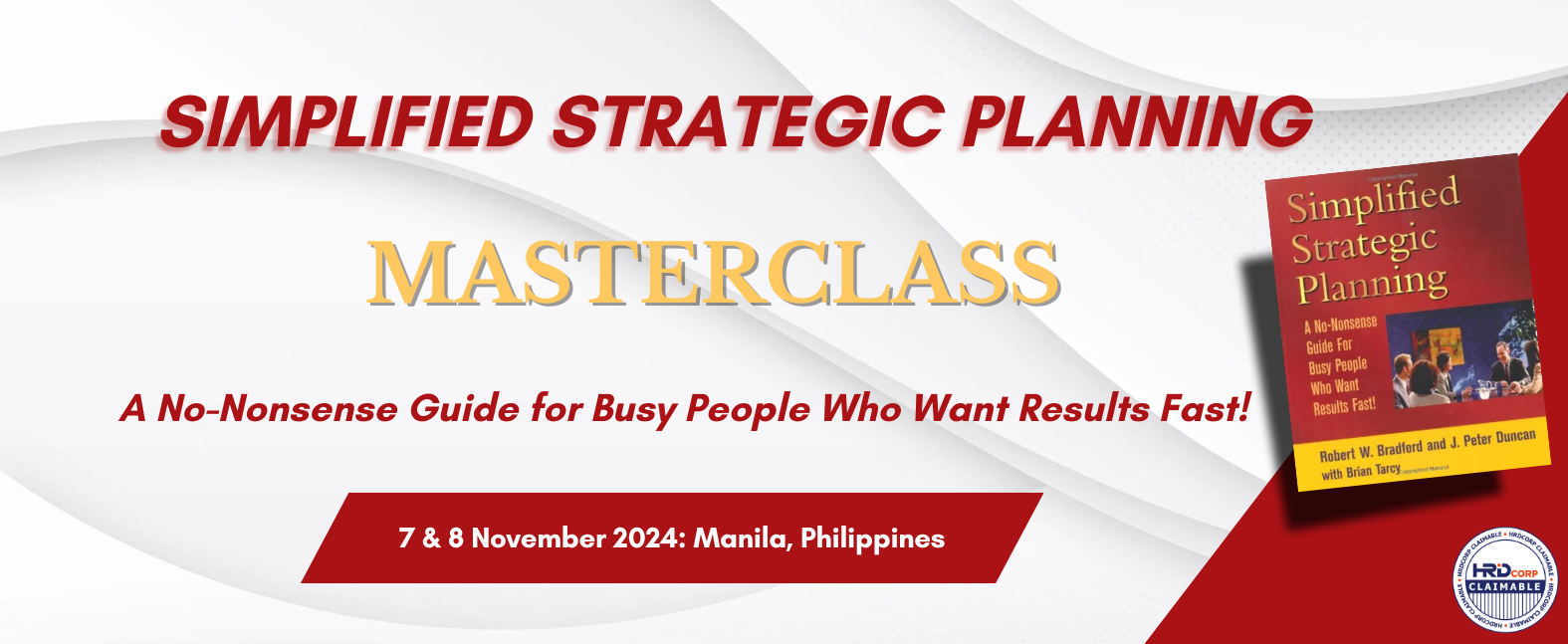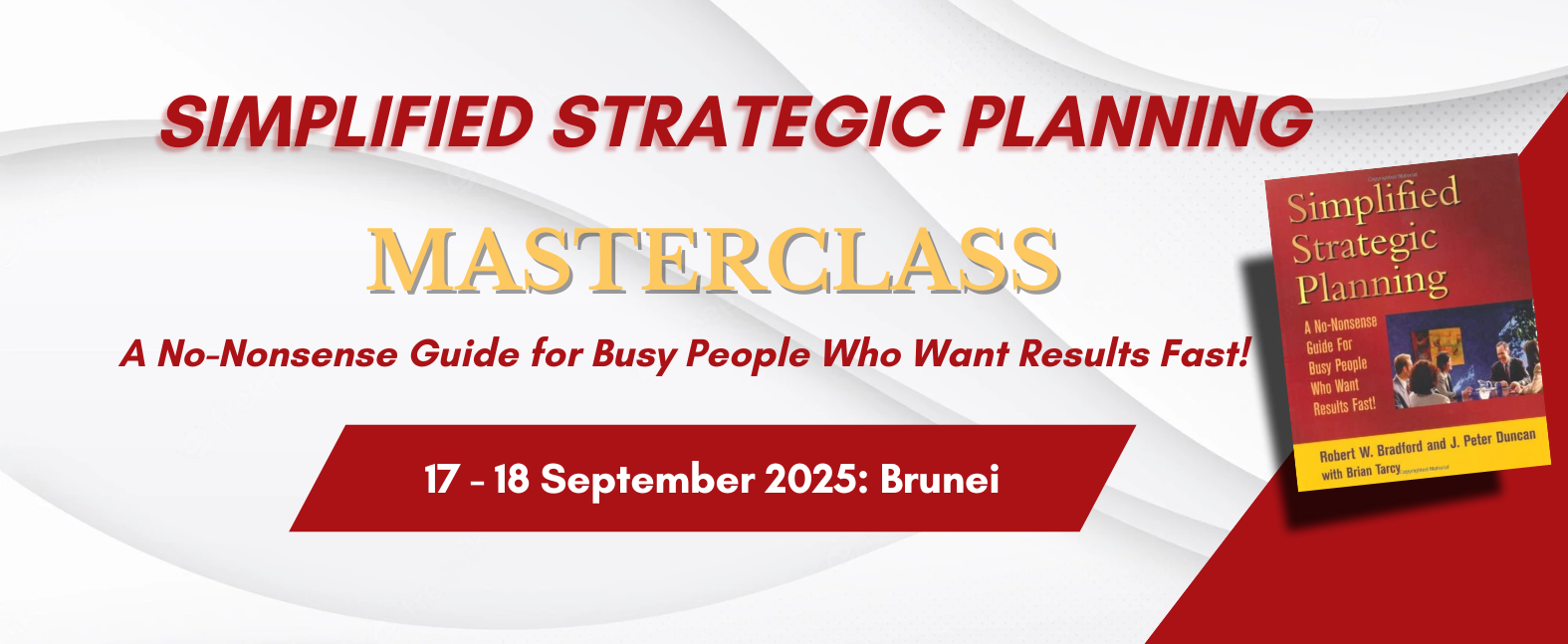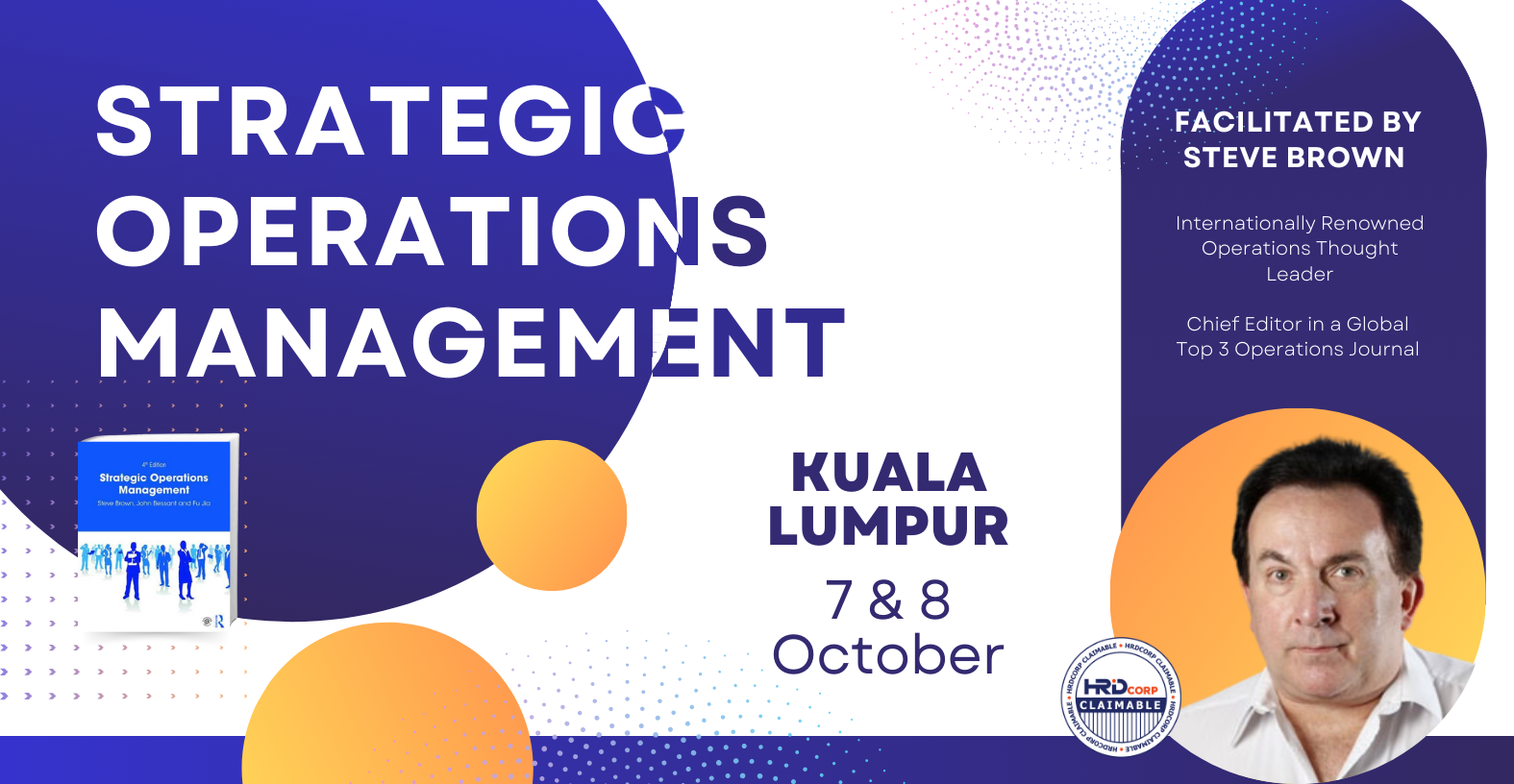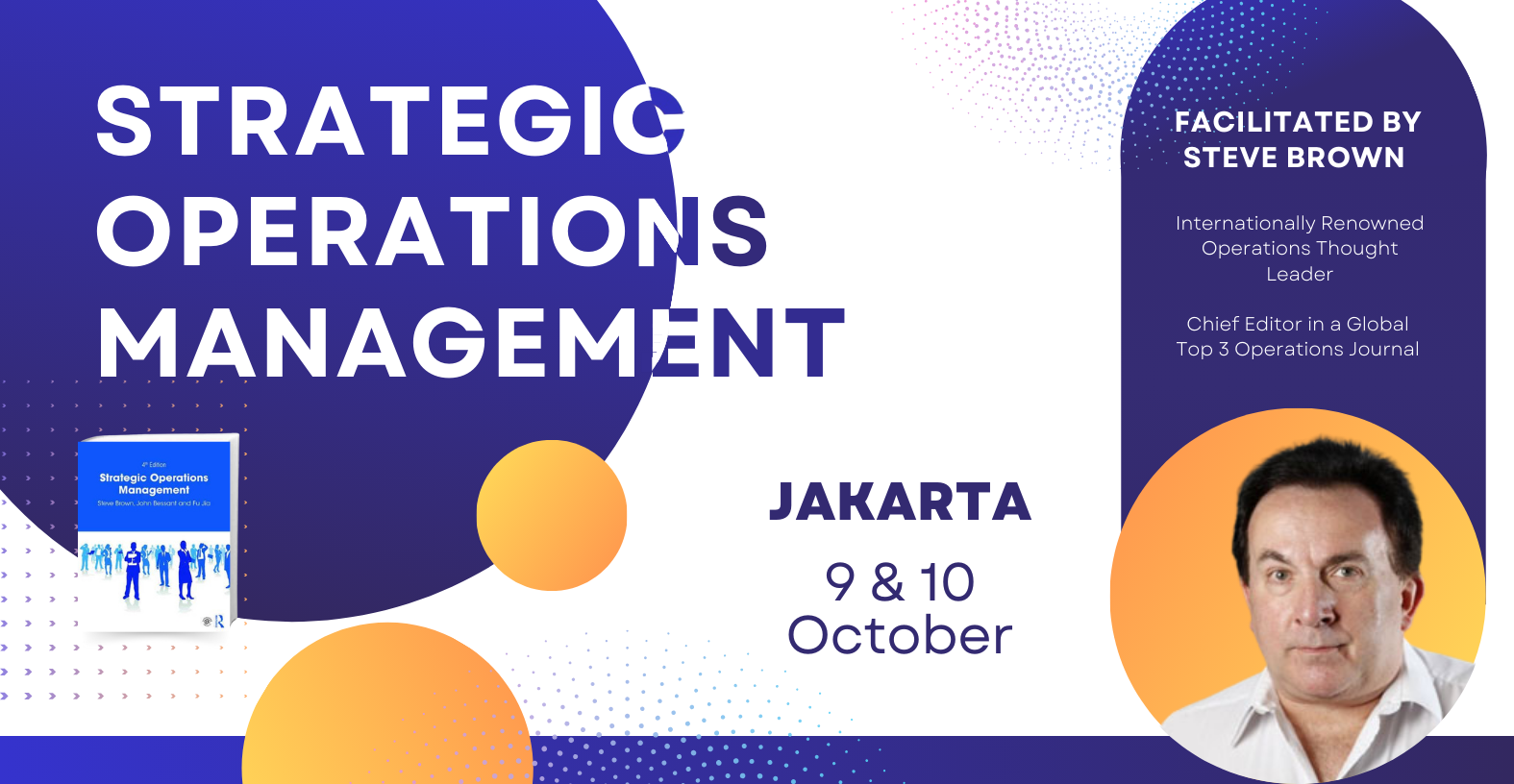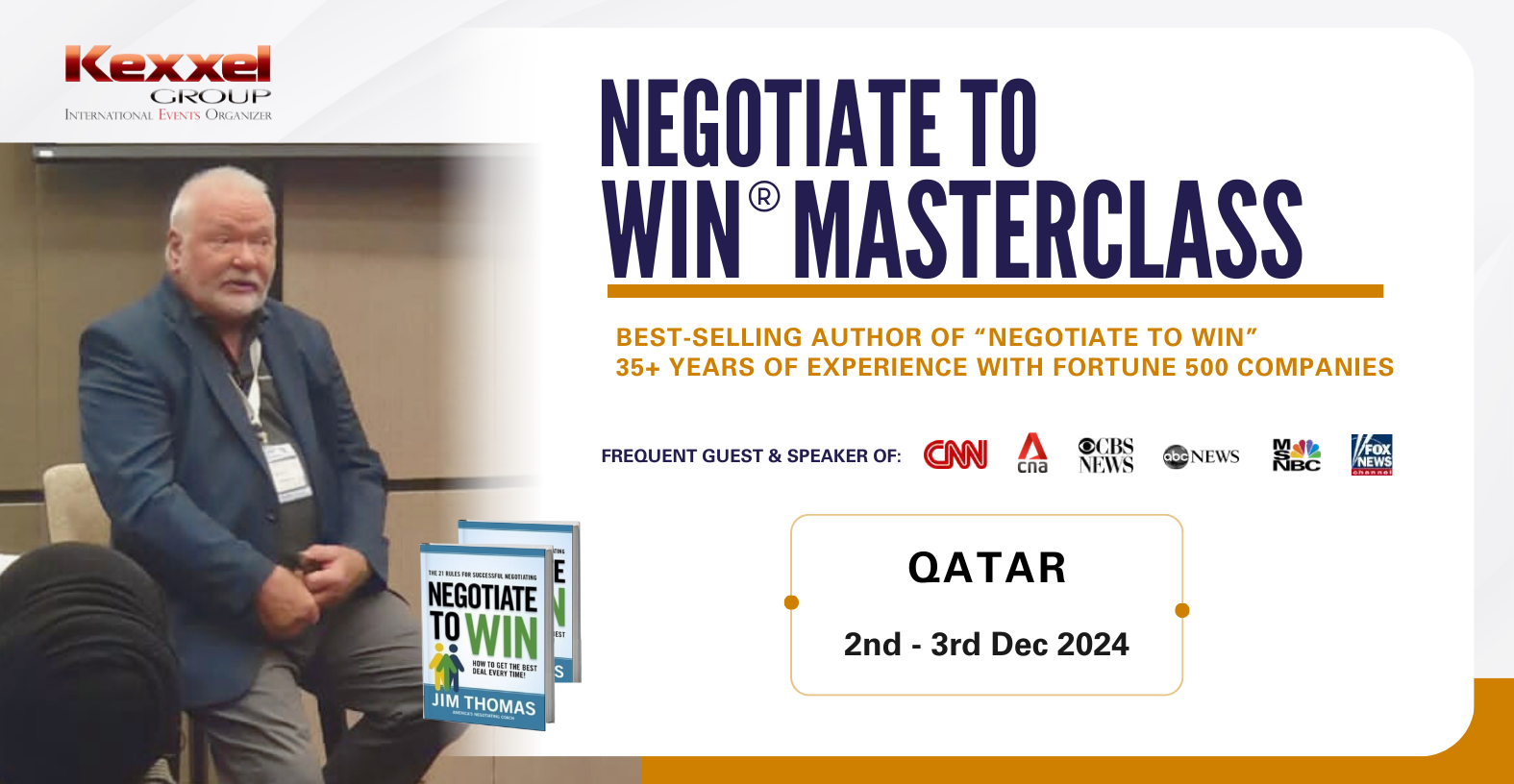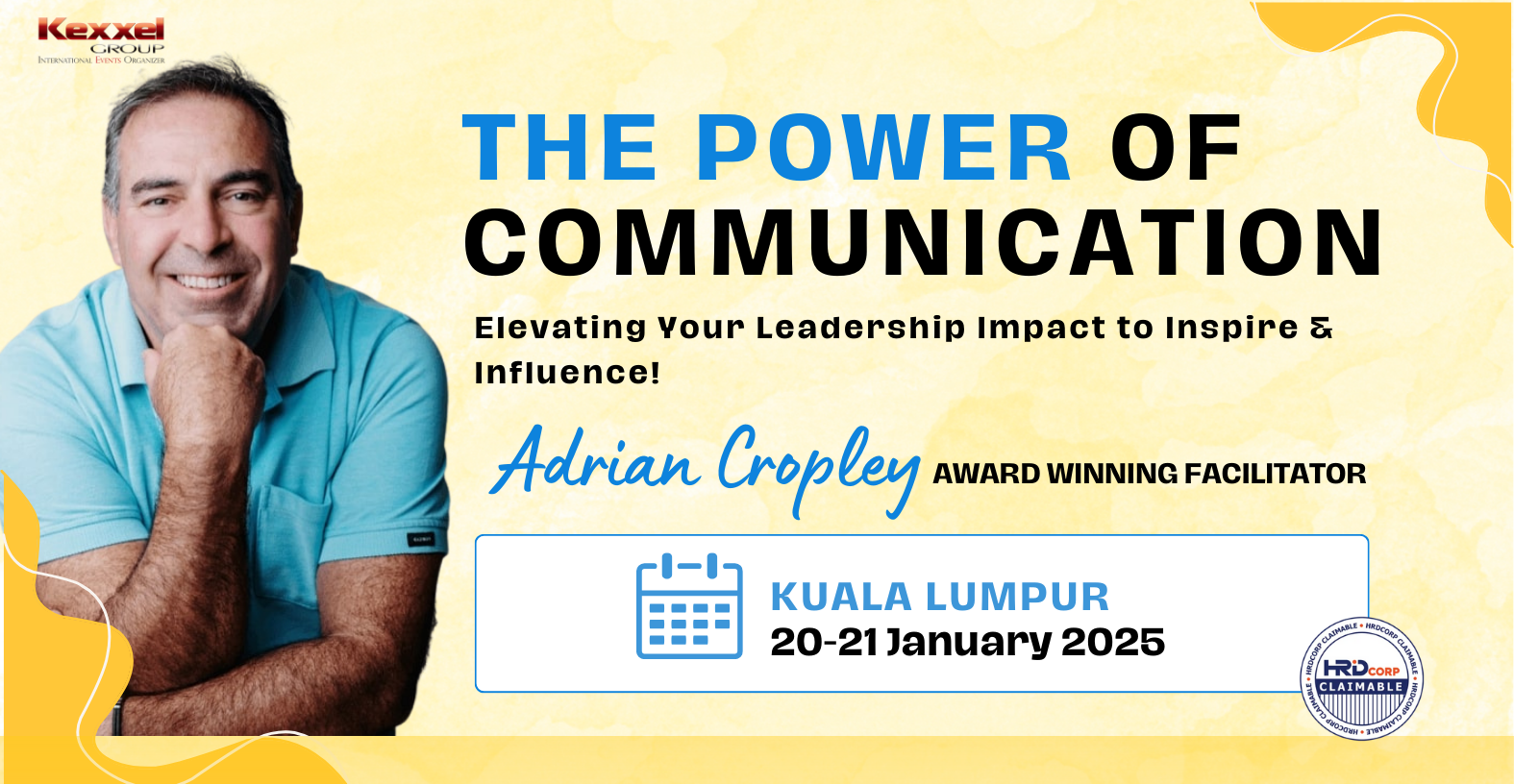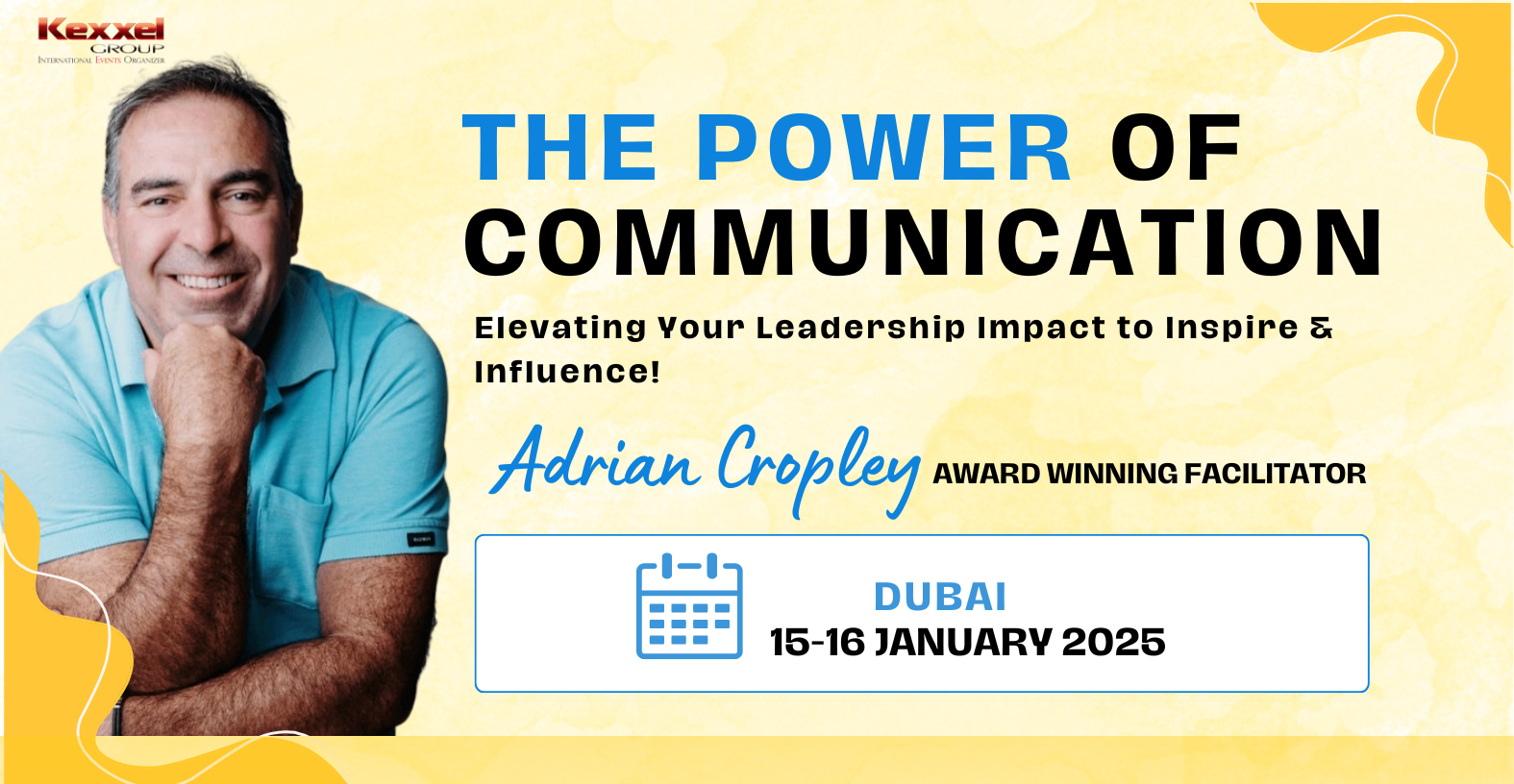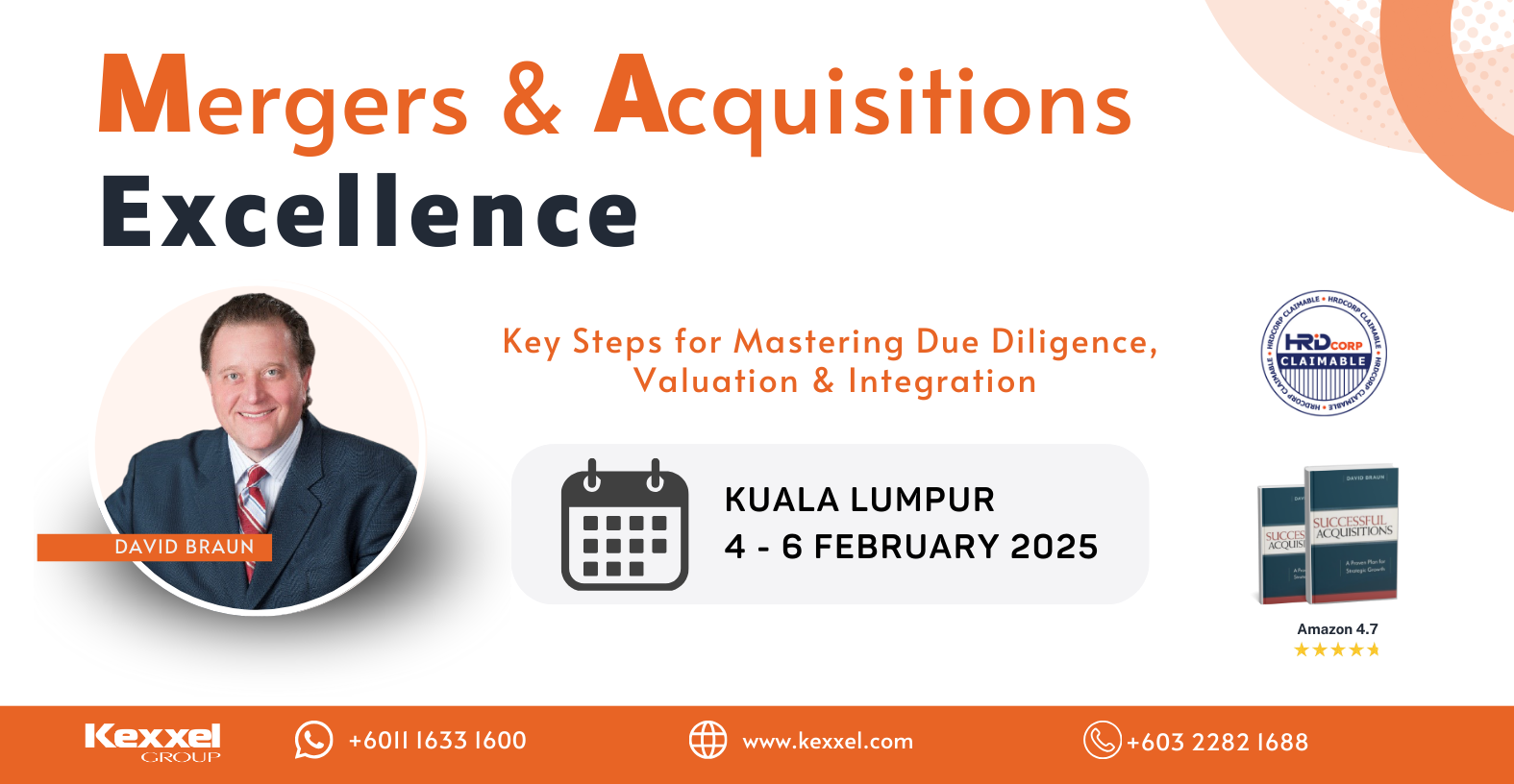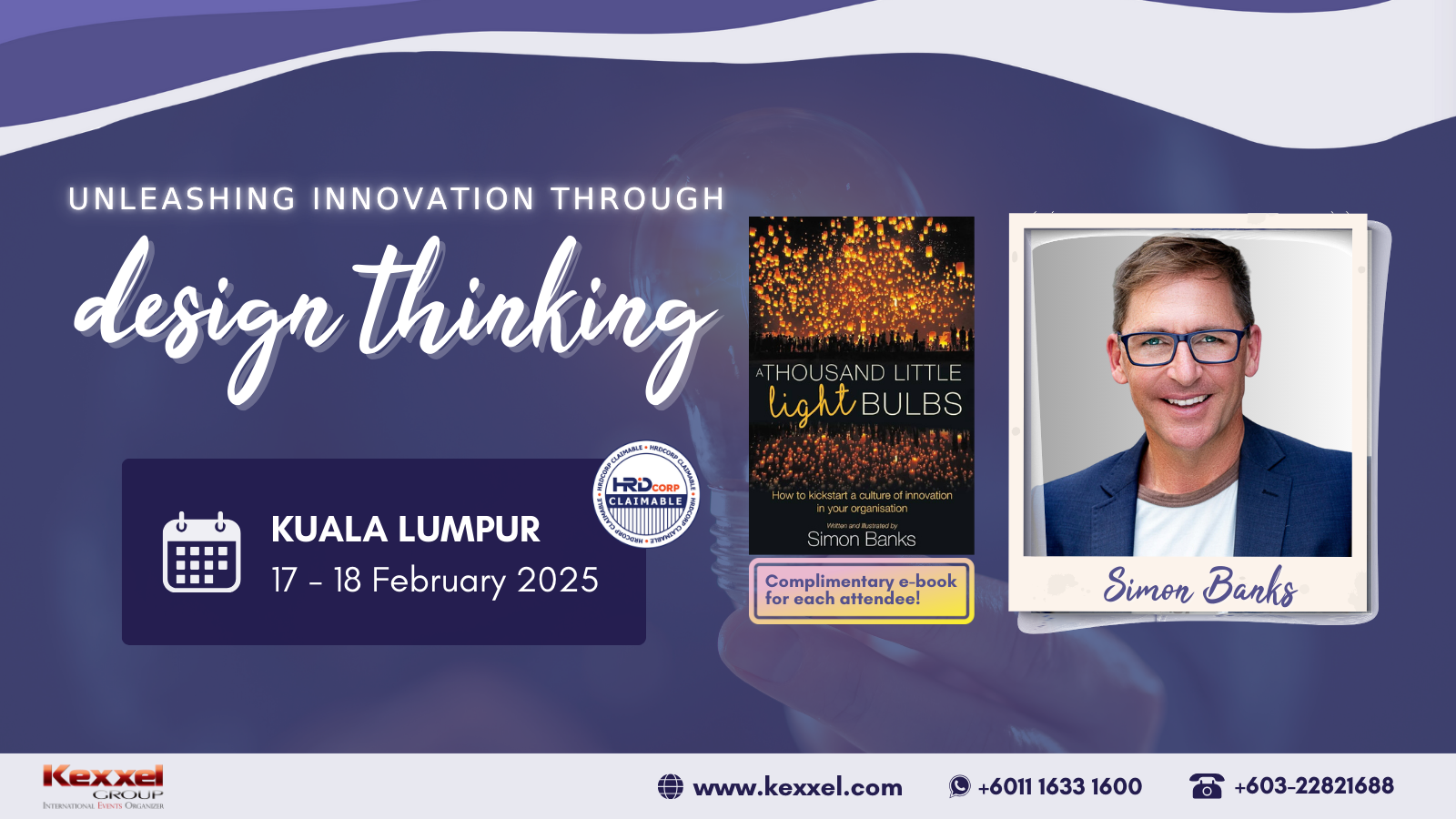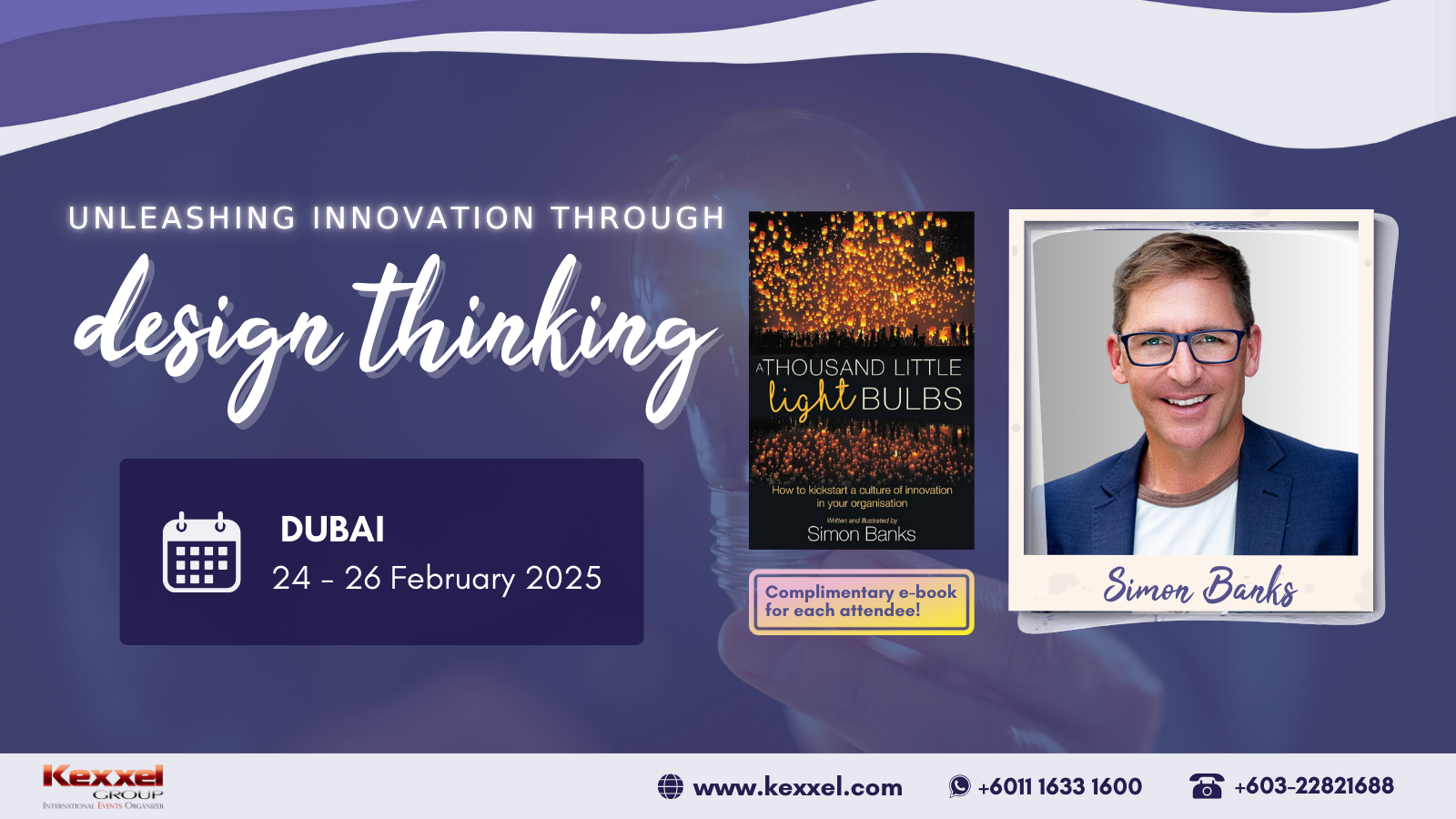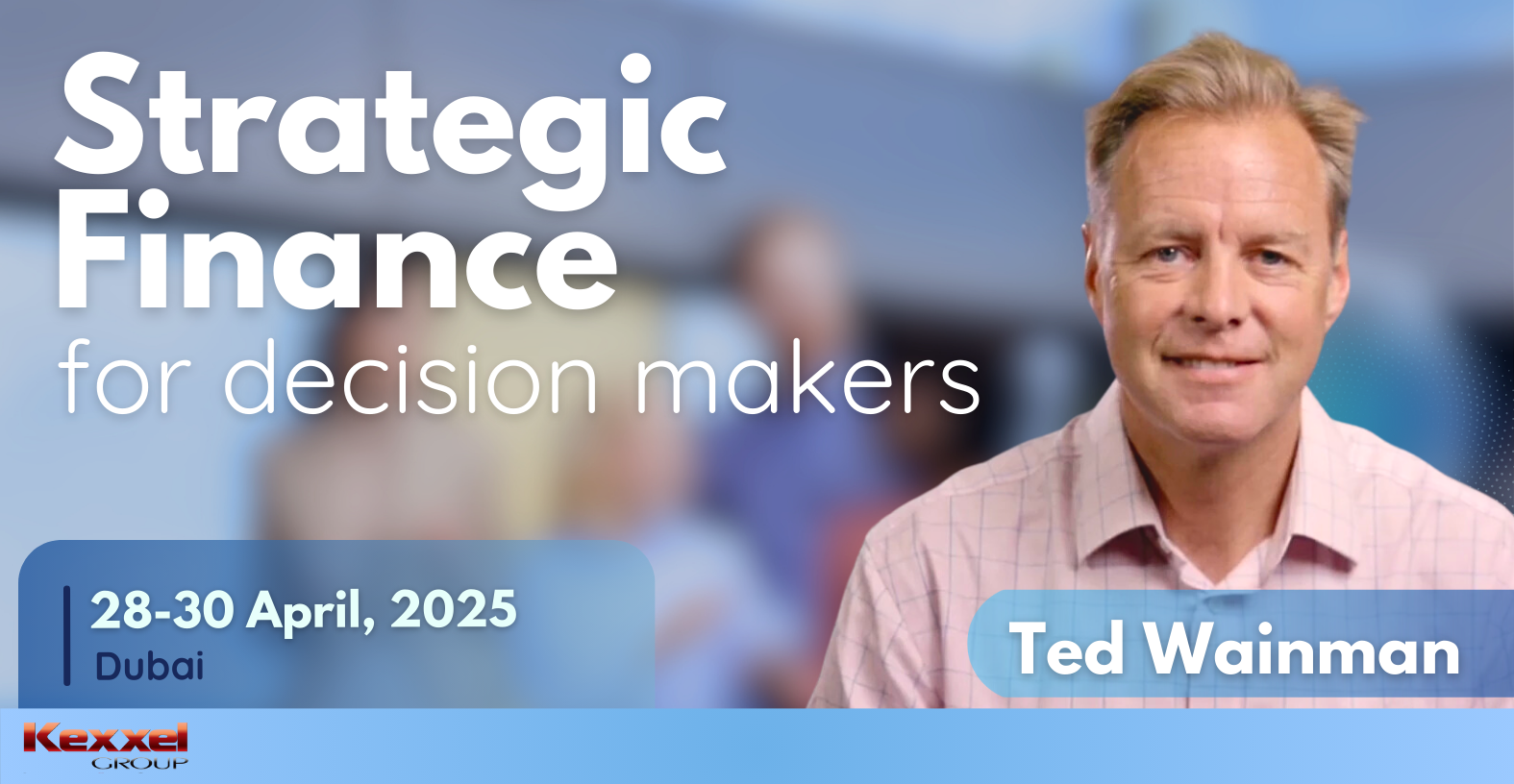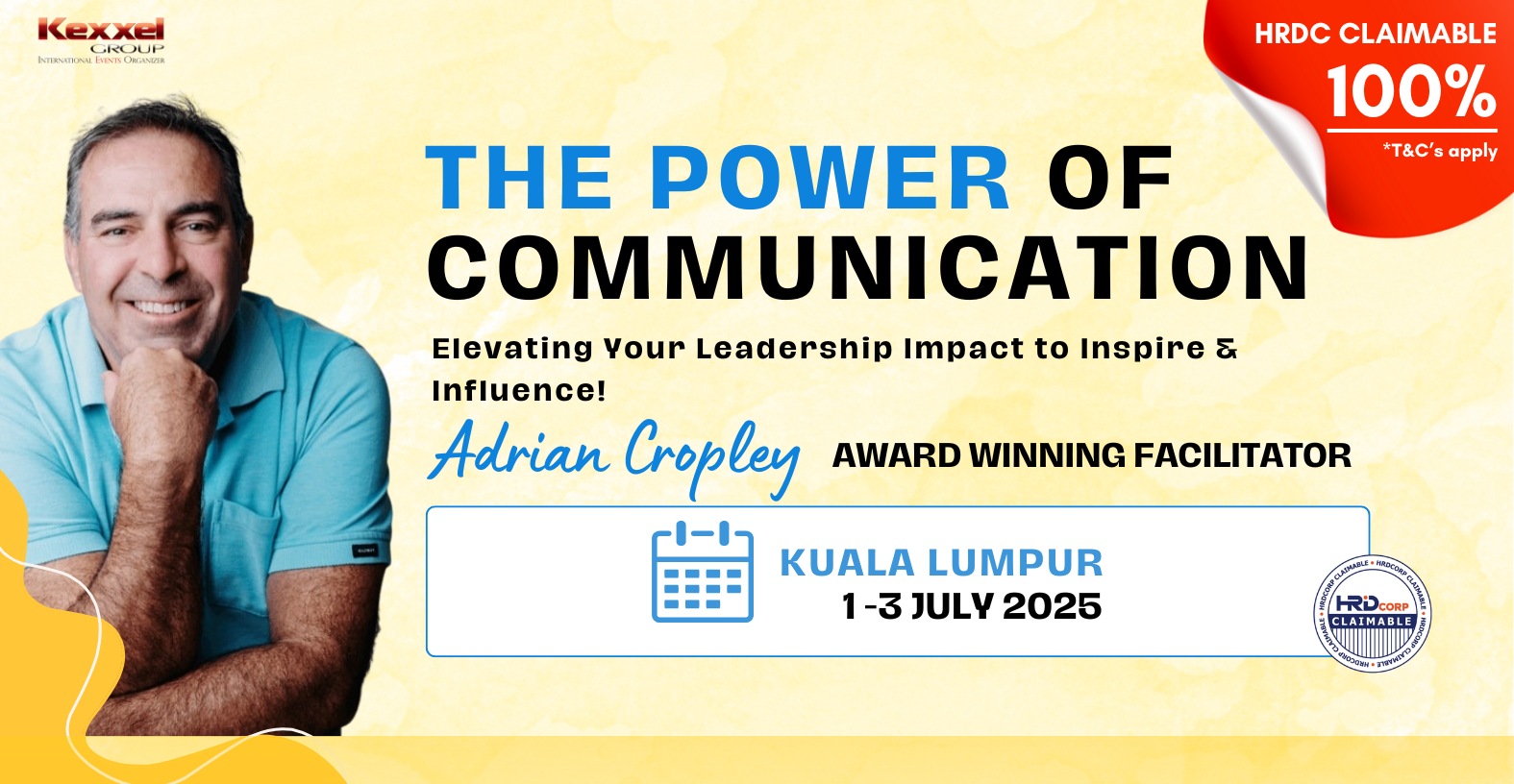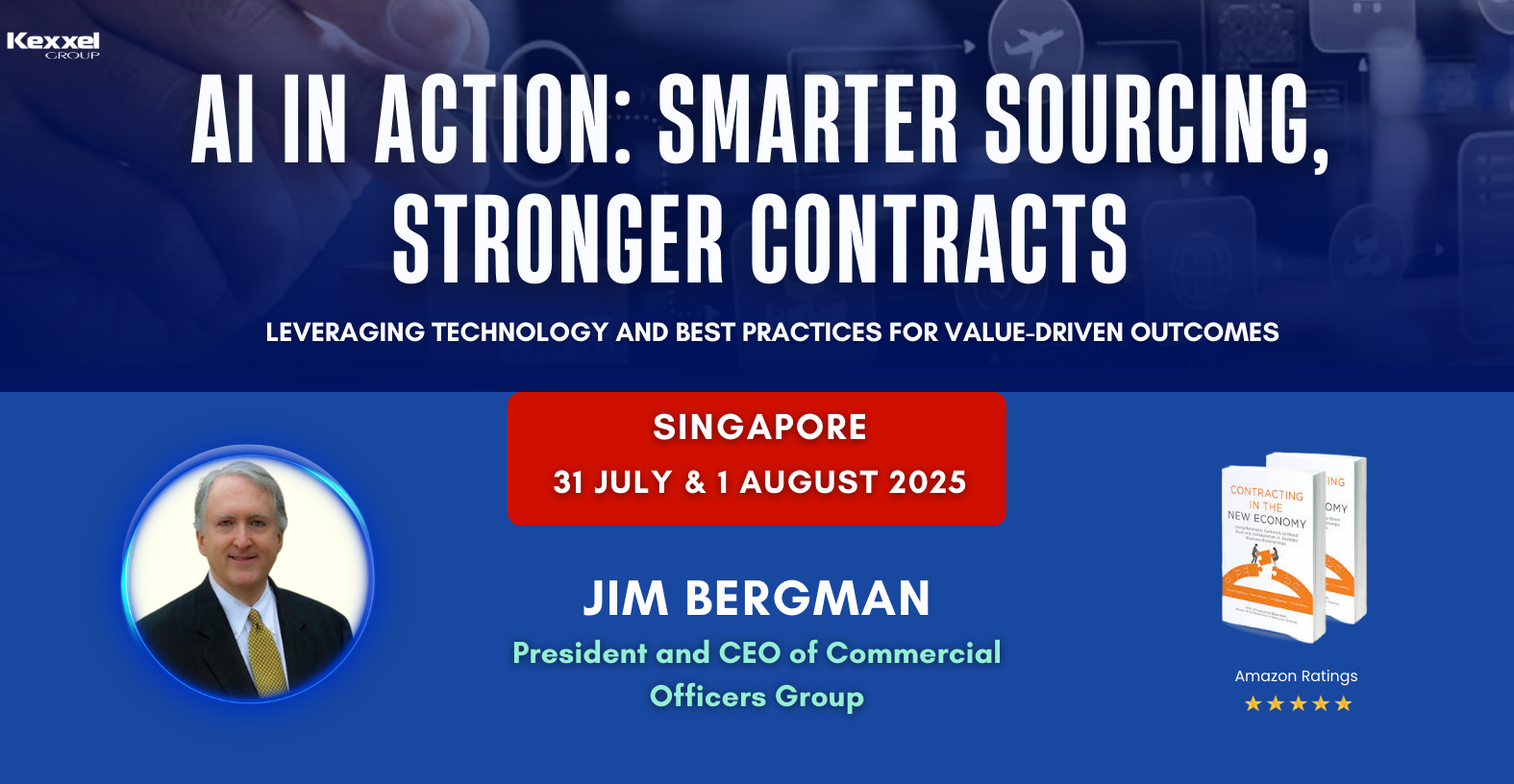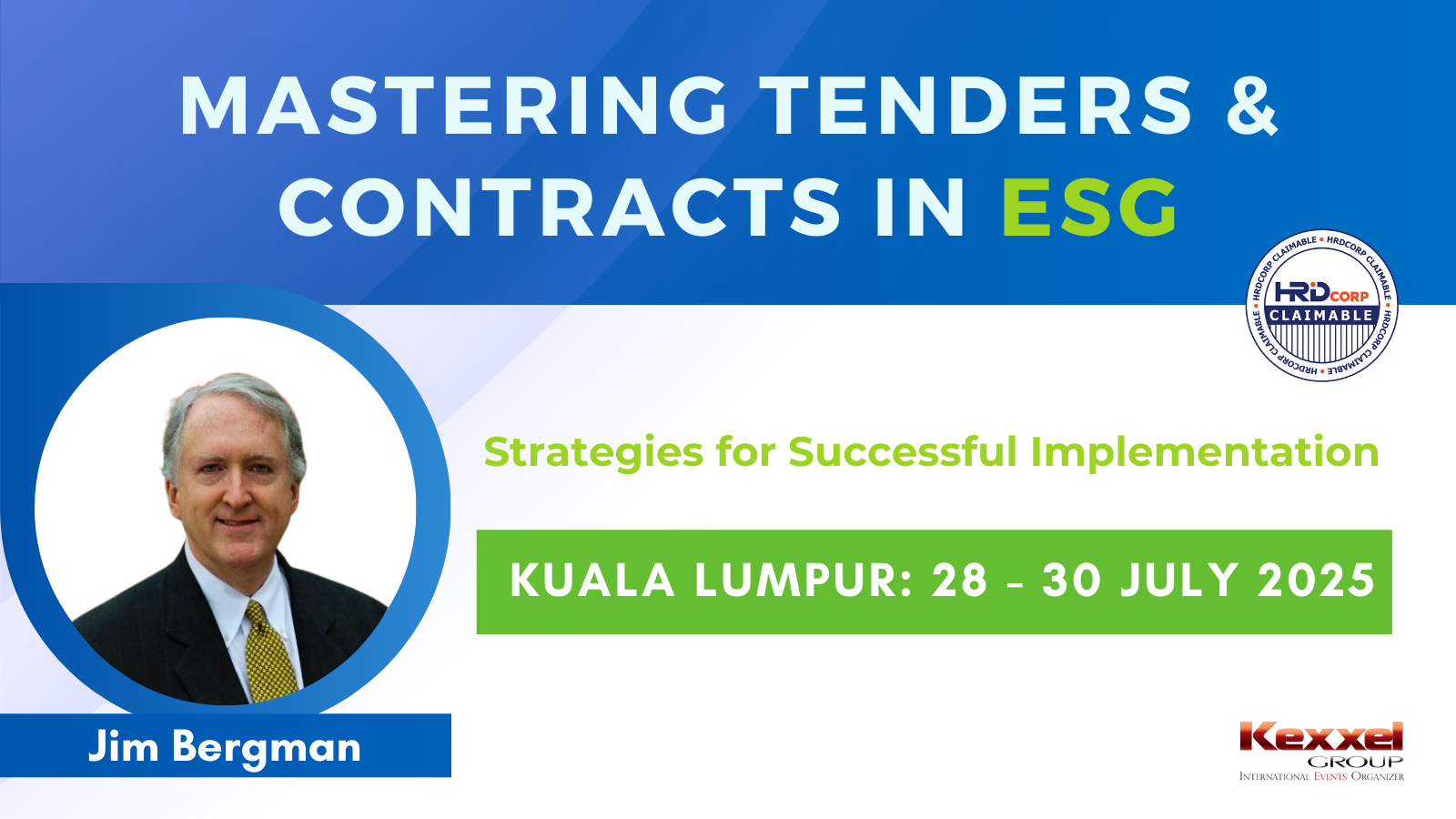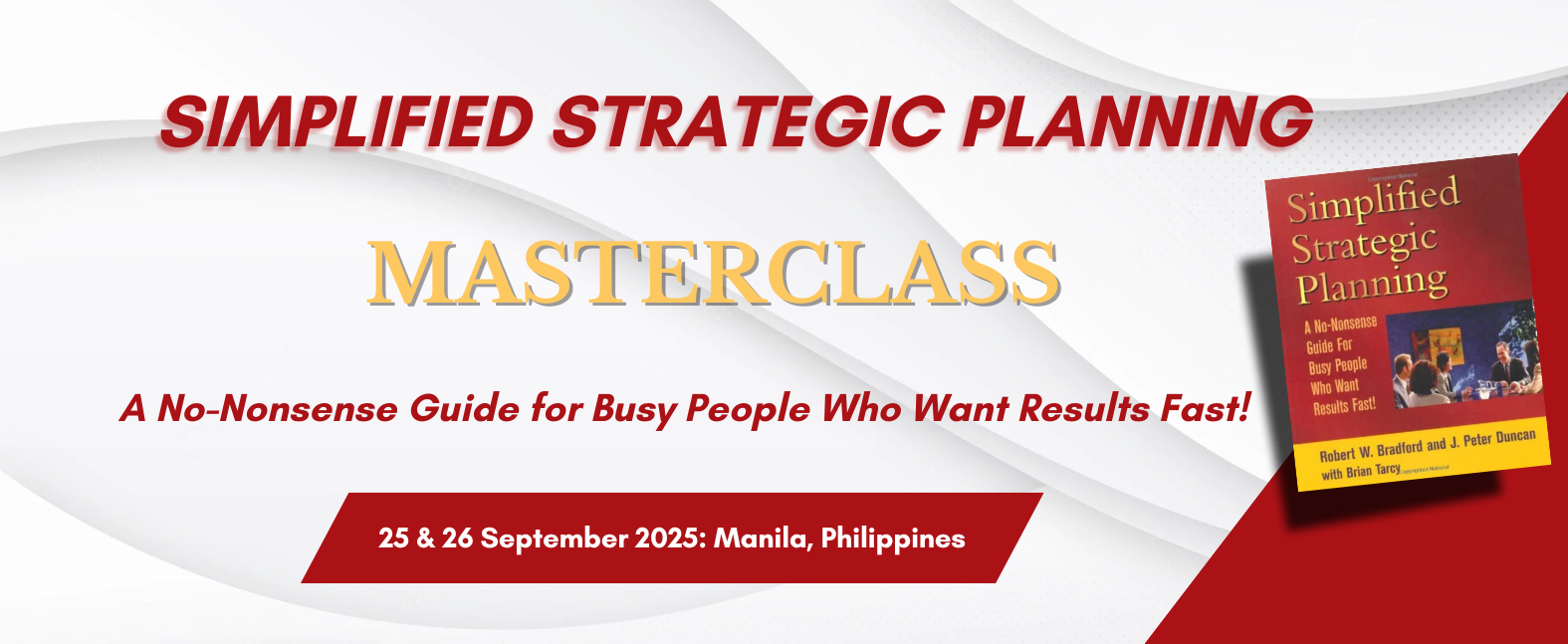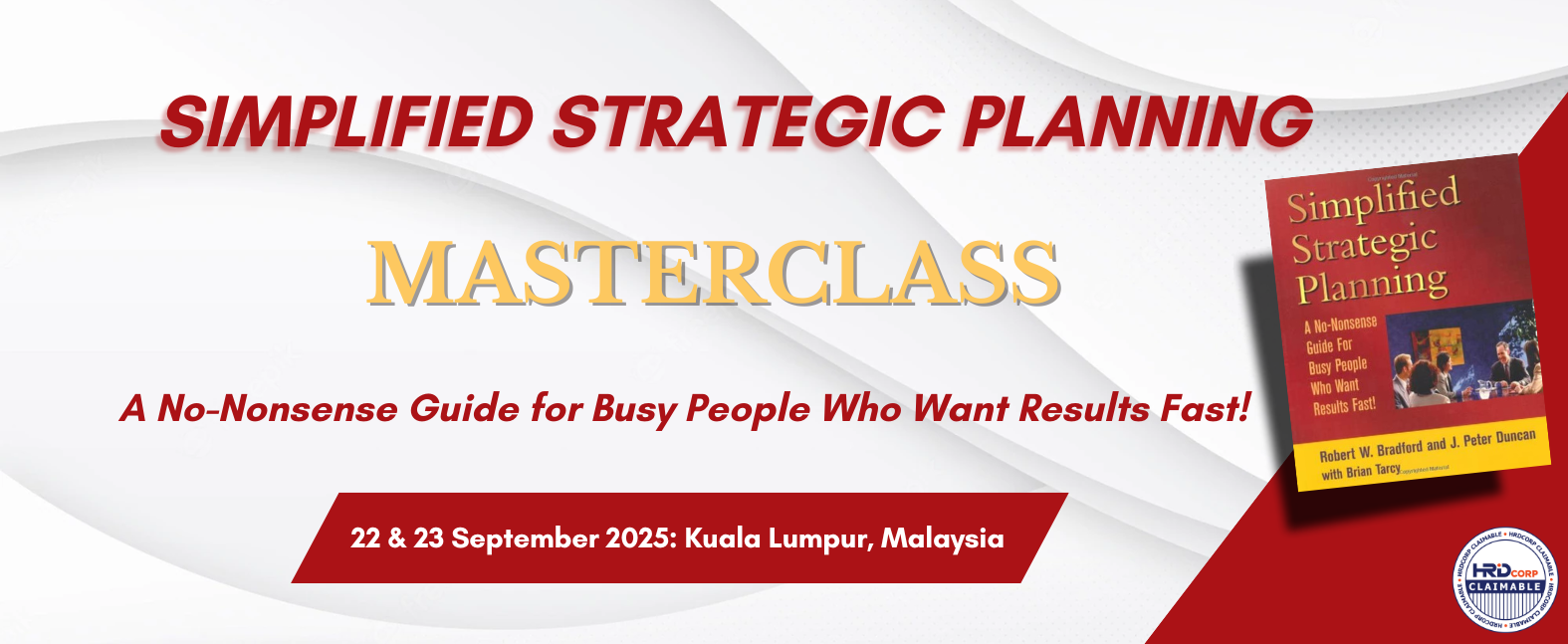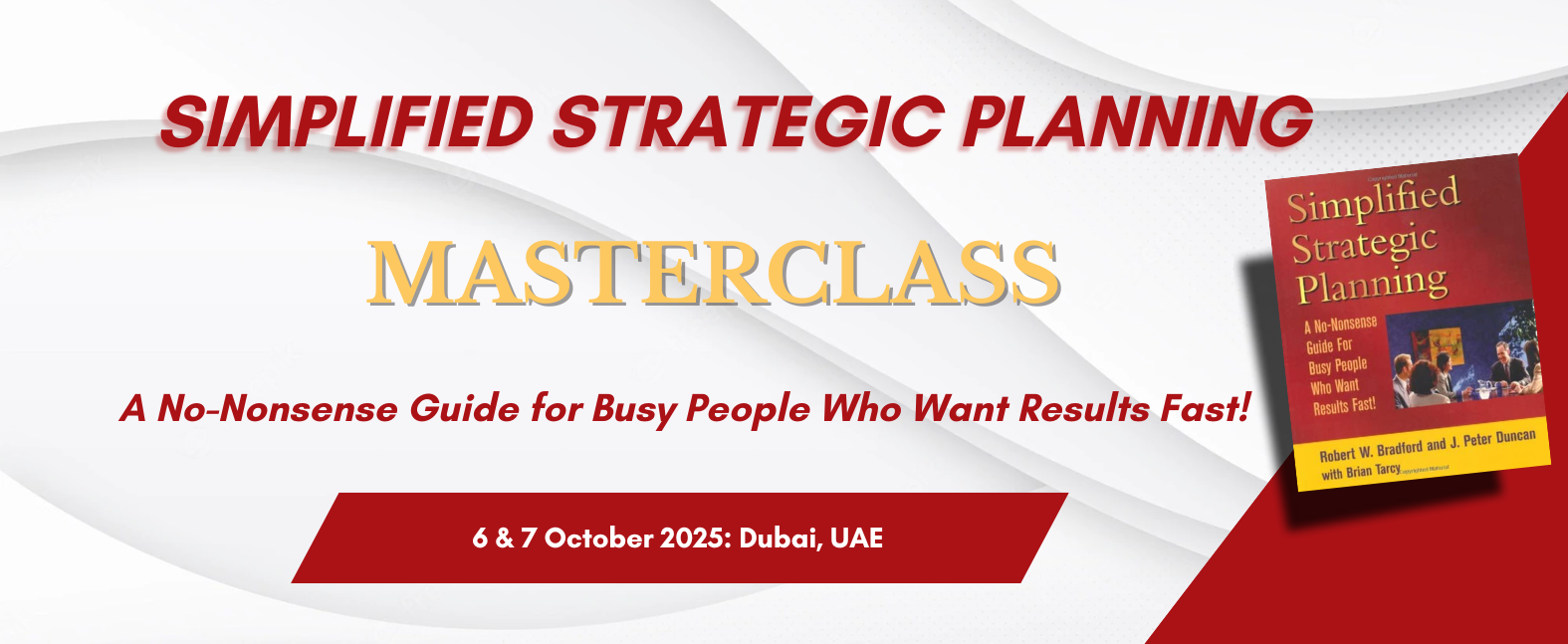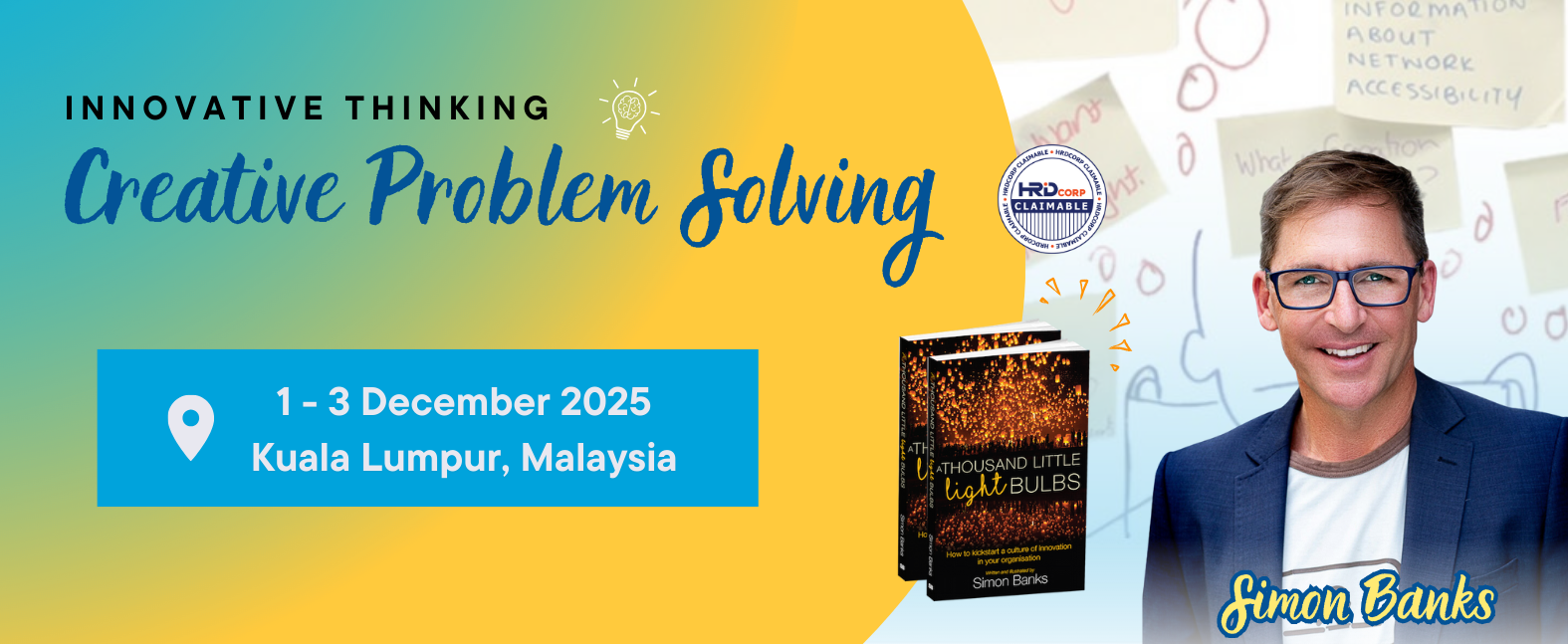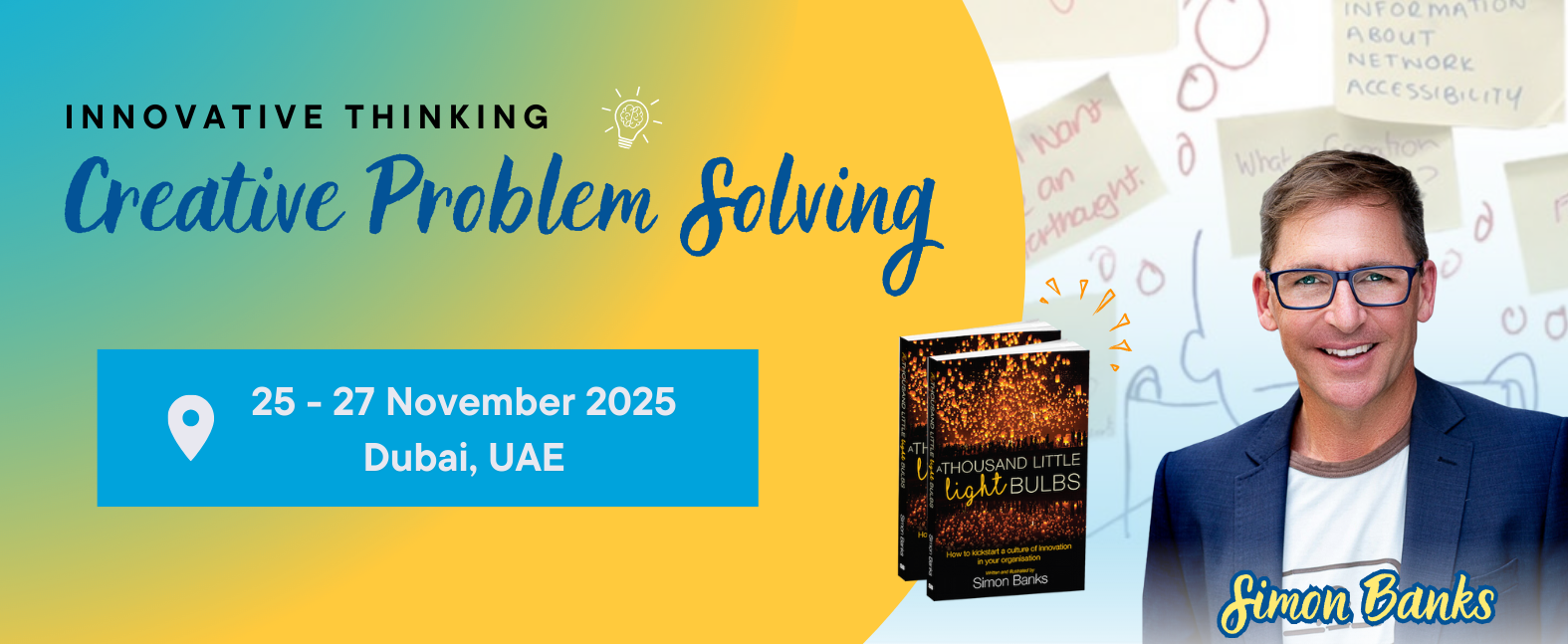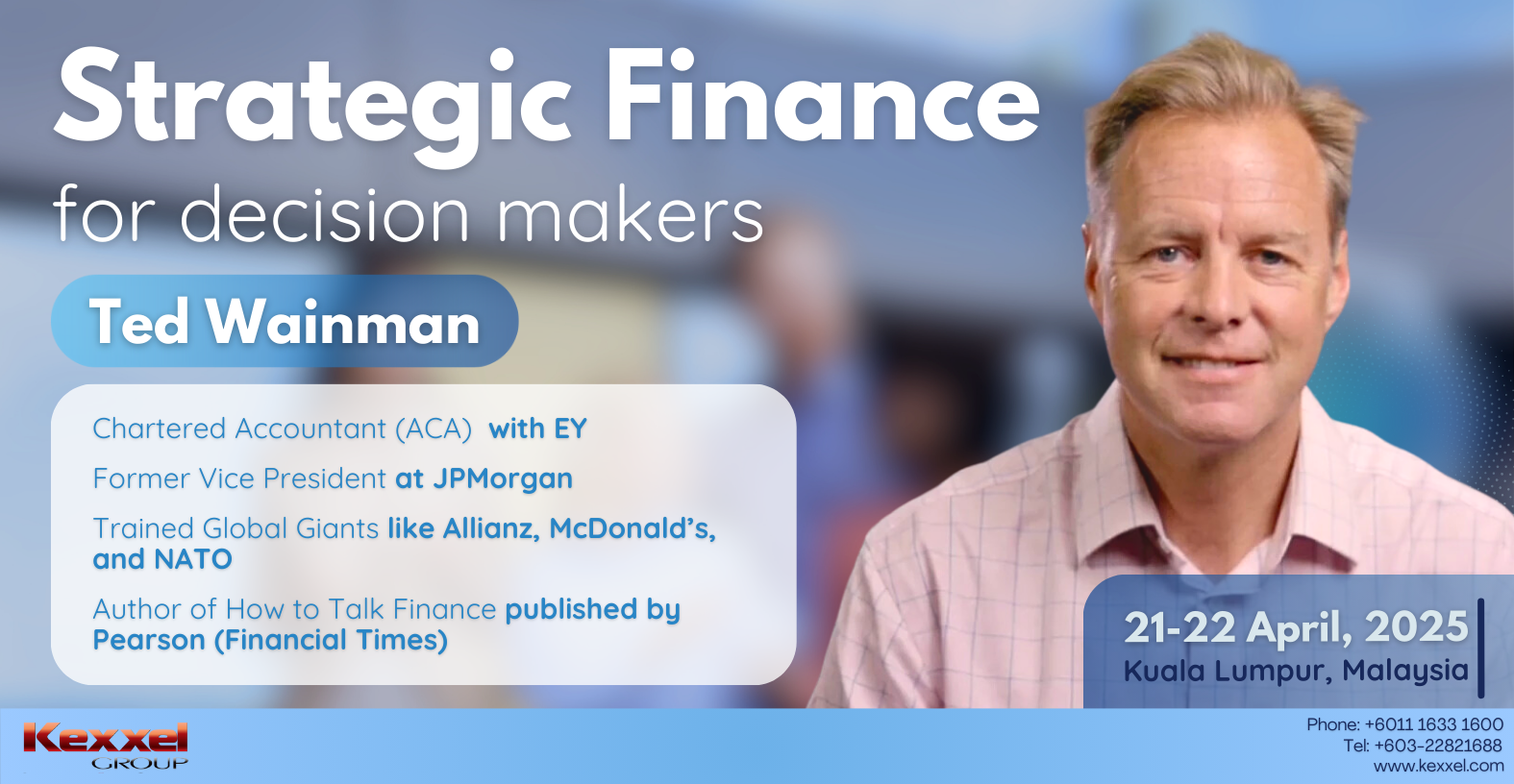
21-22 April 2025
Kuala Lumpur
TBA
Overview
Join the Strategic Finance for Decision Makers Masterclass with internationally renowned trainer, author, and speaker, Ted Wainman. This event is designed to enhance your ability to make critical, strategic decisions with lasting impact by building financial awareness and interpreting your company’s financial situation effectively.
Why Attend?
If you’re an experienced manager who wants to know how to use financial concepts and techniques to make better management decisions then this course is for you. You will be able to understand the most important concepts in financial management and you will learn how senior executives make use of them to make critical strategic and economic decisions. This seminar will assist you to become recognised as a knowledgeable and skillful strategic thinker in your organisation and you will be able to engage with other senior executives in a more confident and meaningful way.
Who Should Attend?
This seminar is specifically designed for managers who may or may not have an accounting or finance background who see their future management role as requiring greater understanding of financial concepts to assist them in making sound management decisions.
Benefits for Participants – What Will You Learn by the End of This Course?
- The Advantages and Disadvantages of Debt vs Equity in Funding the Business
- The importance of ROCE in a capital-intensive business
- Understanding the cost of capital – Calculating the WACC – cost of debt & cost of equity (CAPM)
- Learn the concept of EVA: a function of profitability and efficiency
- Using Discounted Cash Flow (DCF) techniques to calculate the NPV and IRR
- The importance of Liquidity and managing the Working Capital Requirement (WCR)
- Learn the difference between Operating, Free, and Net Cash Flow
- Using budgeting and forecasting to deliver the operational strategy
- Valuation metrics for companies: Yields & PE Ratios
COURSE FACILITATOR

Ted Wainman
Former Chartered Accountant with EY & Former Vice President at JPMorgan
Achievements
Ted Wainman is a globally renowned business trainer, keynote speaker, and author with over 20 years of experience. He has trained leaders in more than 400 organizations across 35 countries, earning a global reputation as a trusted advisor.
Starting his career at Ernst & Young (EY) as an Associate Chartered Accountant (ACA), Ted refined his financial expertise. At JPMorgan, he specialized in investment management and earned a merit-awarded MBA in International Management of Financial Services.
Ted has worked with top-tier clients like HSBC, McDonalds, Allianz, ExxonMobil, and Sony across banking, energy, telecommunications, and government sectors. His ability to address diverse industry challenges highlights his deep market knowledge.
Ted’s programs equip managers with tools to align financial insights with strategic goals, driving value creation and growth. With his proven expertise and global impact, Ted Wainman is the ideal partner for organizations aiming to enhance their financial and leadership capabilities.
Has Worked With

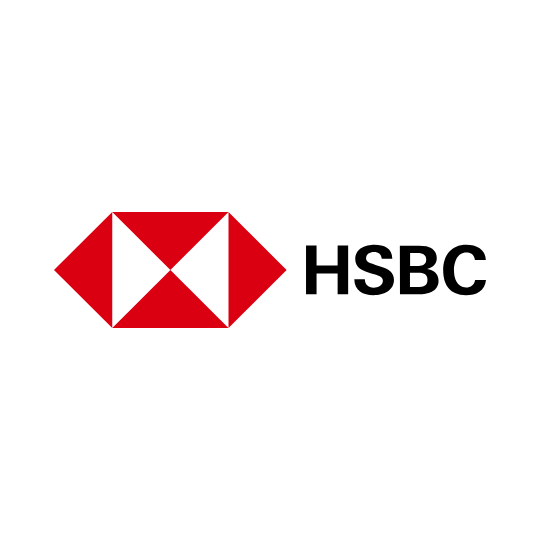




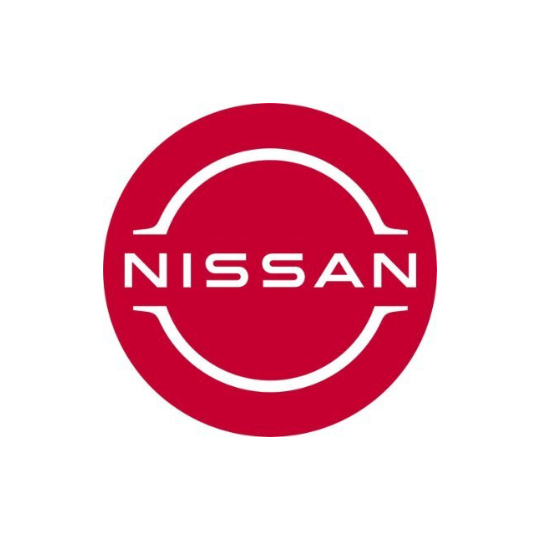
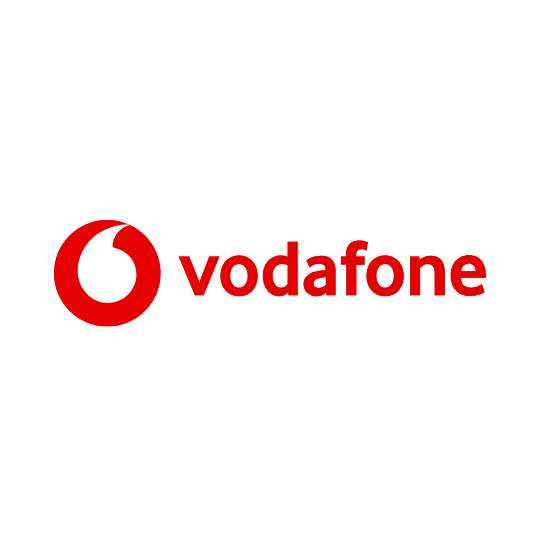
Trainer Videos
Book(s) Published

Agenda
Strategic Finance for Decision Makers
During the workshop we will be examining a number of Case Studies. Delegates are encouraged to bring their own accounts or those of their competitors, which will also be used as Case Studies during the workshop to ensure the concepts are clearly explained and their relevance understood.
Day 1
Financing the Business: The Cost of Capital
We start the workshop understanding how a business is financed through debt and equity – and learn the advantages and disadvantages of each.
- Capital – Debt & Equity
- Transfer of Risk
- Advanced funding – Debt, Equity, Loans, Bonds & Derivatives
- The role of banks in the Capital Markets
A Case Study in how a Business is Funded
Generating a Return on Capital
Building on session 1, we then start to look at how companies measure the return on the capital that is invested:
- Profit, EBIT, and EBITDA
- Measuring ROI, ROCE, & ROA
A Case Study in culating the ROCE
Calculating the Cost of Capital & Value Creation
Having established the return that capital is generating for an organization, we then turn to calculating the cost of that capital:
- Cost of Debt
- Cost of Equity (CAPM)
- Calculating the WACC
- Calculating EVA
A Case Study in Calculating the WACC & EVA
Working Capital
Having established the importance of Investment Capital and ensuring that the return on that Capital exceeds the Cost of the Capital, we focus on Working Capital – that keeps the business alive on a day-to-day basis:
- Liquidity & Working Capital
- Calculating the Working Capital Requirement (WCR)
- Cash is King: operational decisions to improve the WCR
- Cash Flow analysis – OCF, FCF & NCF
A Case Study in Calculating the WCR
Time Value of Money
Capex and investment decision making is based on the ROCE / WACC / EVA principles and will involve more detailed analysis including:
- The Time Value of Money
- Calculating the NPV
- Calculating the IRR
- Decision making
Practical Exercise in Excel to choose between various projects
Day 2
Budgeting and Forecasting
Using budgets and forecasts to deliver on the strategy of the organisation.
- Linking Strategy to budgets
- Top down v Botton up budgeting
- Incremental v Zero Based Budgets
- How budgets add value to an organisation
The Concept of Free Cash Flow
Techniques based on free cash flow have become the predominant way of determining the value of any business. When considering an acquisition or takeover, free cash flow is used to establish the right price to pay to acquire the target business. Free cash flow also allows managers to understand whether a business is growing in a way that is balanced and sustainable. As such, understanding free cash flow is essential for senior managers.
- Profit and cash flow
- How you can be profitable and broke
- Estimating free cash flow
- Using free cash flow to value a business
Practical Exercise: What would you pay to acquire a company?
Creating Economic Value
The method of measuring organizational success is changing from profit-based methods to value-based methods. These days, the economic objective of businesses is to create value rather than create profits. To be a successful manager, you need to understand the difference between value and profit and to know how you can create economic value in your role.
- Accounting value, market value, and economic value
- Why is value different than profit?
- How you can create economic value
- Measuring value created
- Economic Value Added (EVA)
Value Creation
This final session links the operational decisions in day 2 to the organizational decisions from day 1 and examines how to ‘create value’ in an organization.
- Relative vs absolute valuation
- Yields & PE ratios
- Property, Shares & Bonds – valuation fundamentals
- The impact of Risk and Interest Rates on Asset Valuation
- Irrational Exuberance – how to spot a bubble
Valuation of the Case Studies covered during the workshop
TESTIMONIALS
Check out the testimonials from our events






























